
Dec 8, 2023
8 Tips to Improve Indoor Air Quality
Most of us may be aware of outdoor air pollution and believe we’re safer indoors. In truth, indoor air quality can be just as bad, or worse without the right preventive measures in place to eliminate air contaminants.
Poor indoor air quality can have a greater impact on health than you may think. Air contaminants are generally microscopic and invisible to the naked eye, making us prone to inhaling them. Risks to well-being include headaches, allergies, asthma, respiratory diseases, heart diseases, and cancer. To enable you to breathe fresh and clean air, we’ve listed down 8 tips you can do to improve indoor air quality.
8 Simple Ways You Can Improve Indoor Air Quality
1. Cut Back on Potential Air Pollutants
To improve indoor air quality, you must take the time to learn about common sources of air pollution so you know how to avoid them. Air pollutants such as mould, bacteria, dust, debris, pet dander, and other allergens can nest in appliances, furniture, and flooring. Also, keep in mind that smoke from cigarettes and in general negatively impact indoor air quality.
Chemicals from cleaning supplies or paint, and activities like sanding wood can release harmful toxins in the air. We advise you to check the label of chemical products and see if they’re EPA-approved, and to stow them away from living spaces. We also recommend that you do DIY projects outdoors as much as possible.
2. Maximise Proper Ventilation
Maximising proper ventilation can be as simple as letting air from windows and doors flow into your space. We just suggest that you have the right window and door treatments such as screens that can keep air pollutants such as pollen and insects out.
Those who have cooling systems such as air conditioning units can maximise proper ventilation by making sure air filters are clean and replaced as needed. Also, to be certain that air access ways such as AC ducts are professionally serviced.
3. Test Indoor Air Quality
It is always a good idea to test indoor air quality, especially if you’ve been having allergic reactions more often than usual, or notice stuffiness or a strange odour in the room. While there are DIY testing kits available, they may be limited to a certain type/s of pollutants.
It is worth hiring professional indoor air quality testing services. Not only will they detect the air pollutants present in your space, but also propose actionable solutions to improve indoor air quality.
4. Do Preventive Measures to Manage Allergens
Allergens and irritants such as dirt, mould, dust mites, and pet dander can cause you to sneeze or have a runny nose, watery eyes, sore throat, skin rashes, and inflammation, if not controlled. To improve indoor air quality, you must know how to maintain surfaces and spaces free from potential contaminants.
Some preventive measures you can try to curb allergens and irritants are to take advantage of hypoallergenic pillows and mattresses, and to wash beddings in hot water twice a month to eliminate dust mites. To extract contaminants from indoor air, we suggest you vacuum furniture and flooring as much as you can. Also, to deep clean curtains, sofas and other upholstery.
5. Invest in Air Purifiers and High-Quality Air Filters
An air purifier makes a great addition to any indoor space because it helps eliminate all types of contaminants from the air. We recommend you get an air purifier with high efficiency particulate absorbing (HEPA) filters as they’re equipped to reduce harmful particles such as volatile organic compounds (VOCs), smoke, carbon dioxide, mold spores, and other allergens.
To ensure the effectiveness of air purifiers and air filters, we advise that you take into account the capacity of air filters. Since most air contaminants come in the form of small particles that can cause clogs most air filters need to be replaced or cleaned monthly.
6. Regulate Humidity
Moist air or humidity can improve indoor air quality for as long as it is regulated to stay between 30 to 50 per cent. It is high levels of humidity and dampness that should be prevented because these conditions breed mould and mildew, and increase the emission of VOCs into the air, triggering asthma attacks, coughing, and wheezing.
To reduce humidity levels indoors, make sure that kitchens and bathrooms can release excess steam outdoors. Also, avoid pooling water on surfaces and get maintenance services to fix leaky pipes or roofs right away. Since indoor air quality in Dubai naturally tends to be humid, residents may benefit from having a dehumidifier to control moisture levels and promote breathing comfort.
7. Inspect Heating Systems
Make it a habit to inspect heating systems such as gas range stoves or appliances, and fireplaces as these produce harmful air contaminants including carbon monoxide and nitrogen dioxide that can easily enter the bloodstream. As much as possible, there should be vents or exhaust fans in the kitchen and bathroom to draw out stale or humid air.
In relation to maximising proper ventilation, kitchen exhaust fans and hoods must be cleaned regularly since air contaminants can stick to greasy surfaces and compromise hygiene and respiratory health. Moreover, heating systems must be responsibly maintained so as not to be a fire hazard.
8. Freshen the Air With Indoor Plants
Plants not only beautify your space with a touch of greenery but also improve indoor air quality as they help purify and freshen the air. You can depend on certain indoor plants such as ferns, dracaenas, and aloe vera among others to utilise carbon dioxide and convert it into oxygen.
Depending on the kind and how many you have around your home or office, indoor plants can serve as filters. They can effectively pull out contaminants like VOCs and toxins or odours released from wood, cleaning products, carpets, trash, and natural gas from the air. Of course, choose a plant you can maintain because they can also accumulate mould, dust, and bacteria if not properly cared for.
Final Thoughts on How to Improve Indoor Air Quality
Maintaining healthy indoor air quality is vital to our overall well-being. Sadly, indoor air quality is not guaranteed, you need to make conscious efforts to breathe in fresh air. We recommend that you invest in furniture cleaning and sanitization to eliminate pollutants lingering in your air as well as those creeping in crannies. Also, factor in potential sources that contribute to poor air quality.
While professional services entail labour costs, you’ll gain peace of mind and save yourself from expensive repairs and breakdowns in the future. All the tips we provided to improve indoor air quality are simple and sustainable ways you can enhance breathing comfort and nurture a safe living environment.
More Blogs
-
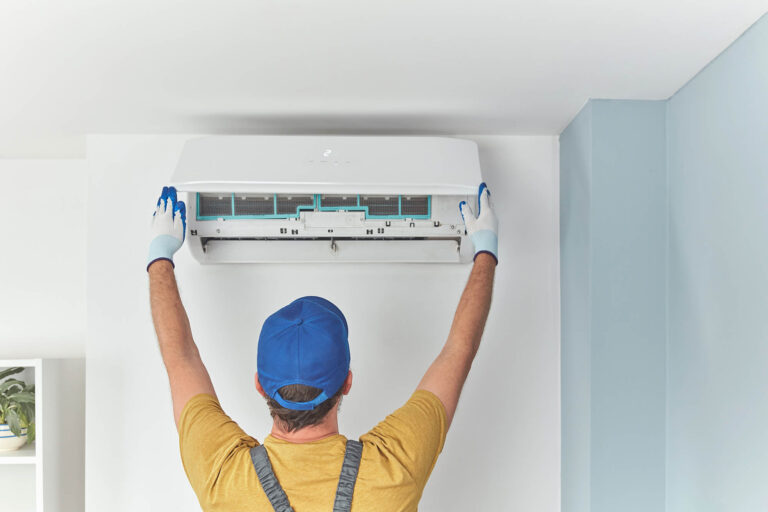
Apr 11, 2025
AC Maintenance in Dubai: Tips to Extend Your AC’s Lifespan
-
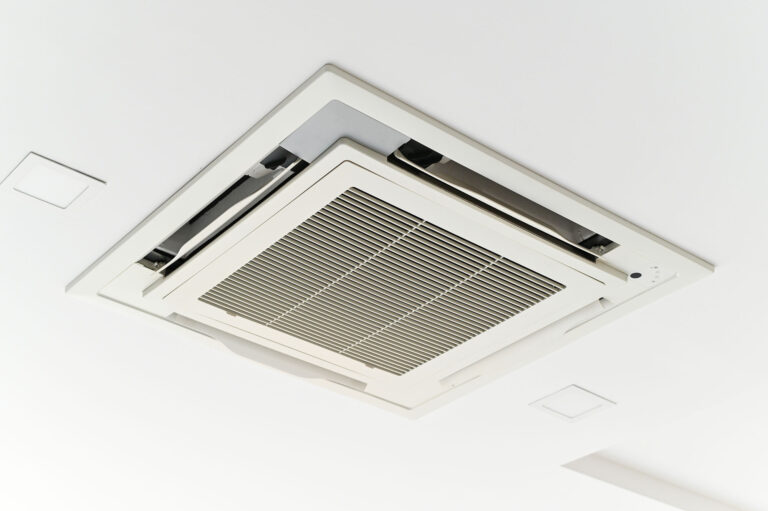
Apr 4, 2025
How AC Duct Cleaning in Dubai Helps Lower Energy Bills
-
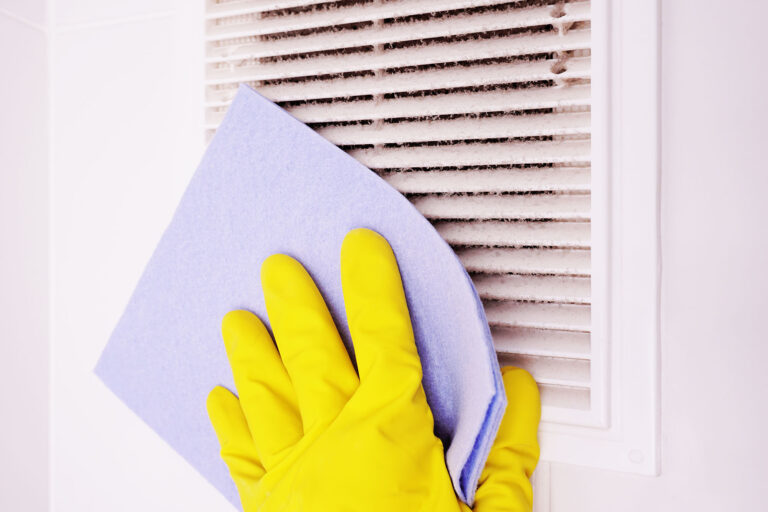
Mar 31, 2025
Why Air Duct Cleaning Matters for Your Home
-
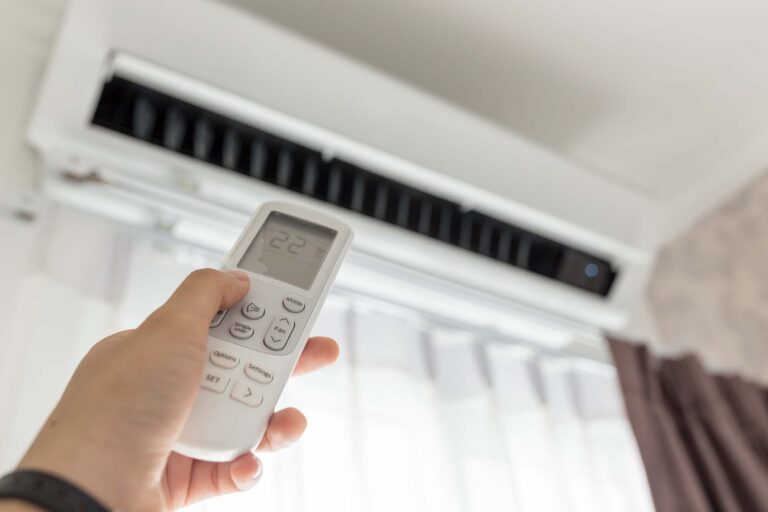
Mar 24, 2025
10 Reasons Air Conditioner Makes Noise When Off
-
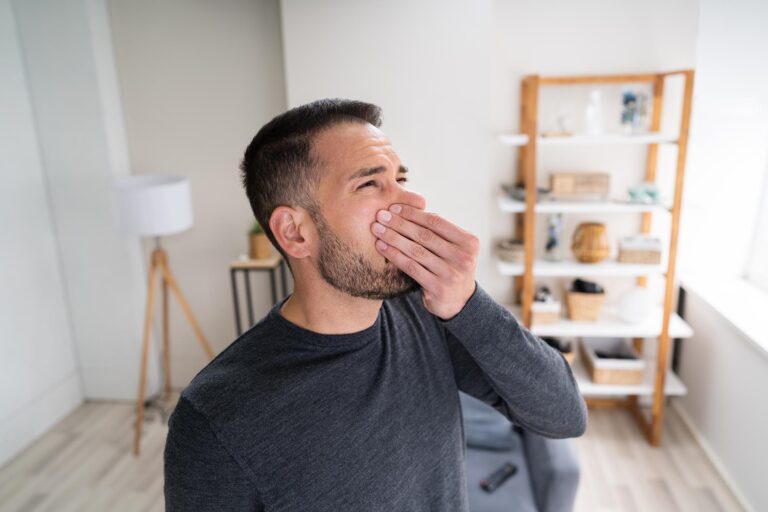
Mar 17, 2025
How to Stop Bad Smell Coming from Your Air Conditioner
-
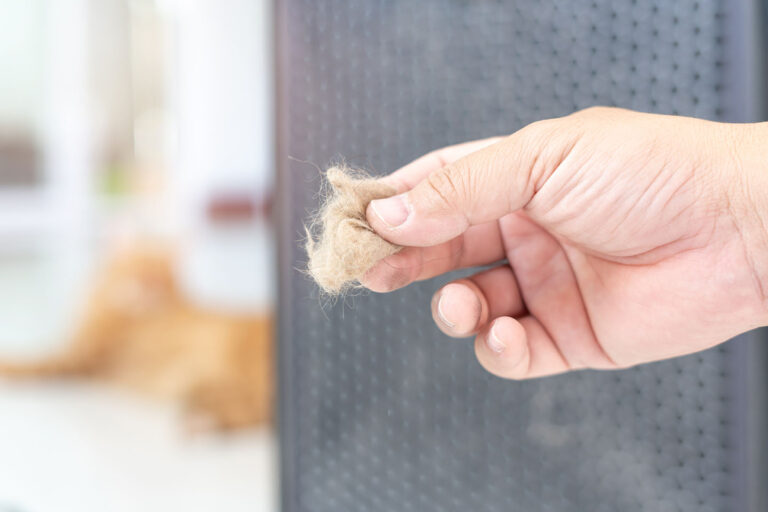
Mar 14, 2025
Pet Owner’s Guide to HVAC Maintenance: Tips for Healthy Indoor Air
-
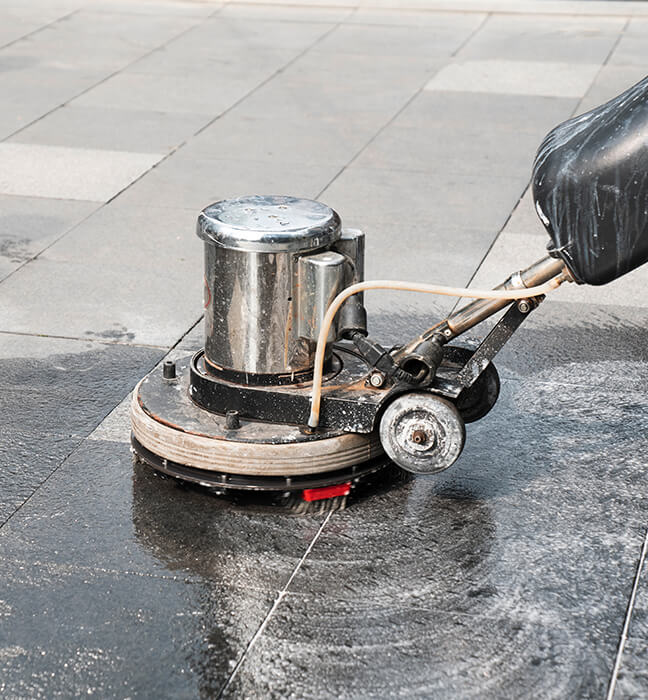
Mar 10, 2025
Benefits of Post-Construction House Cleaning Services in Dubai
-
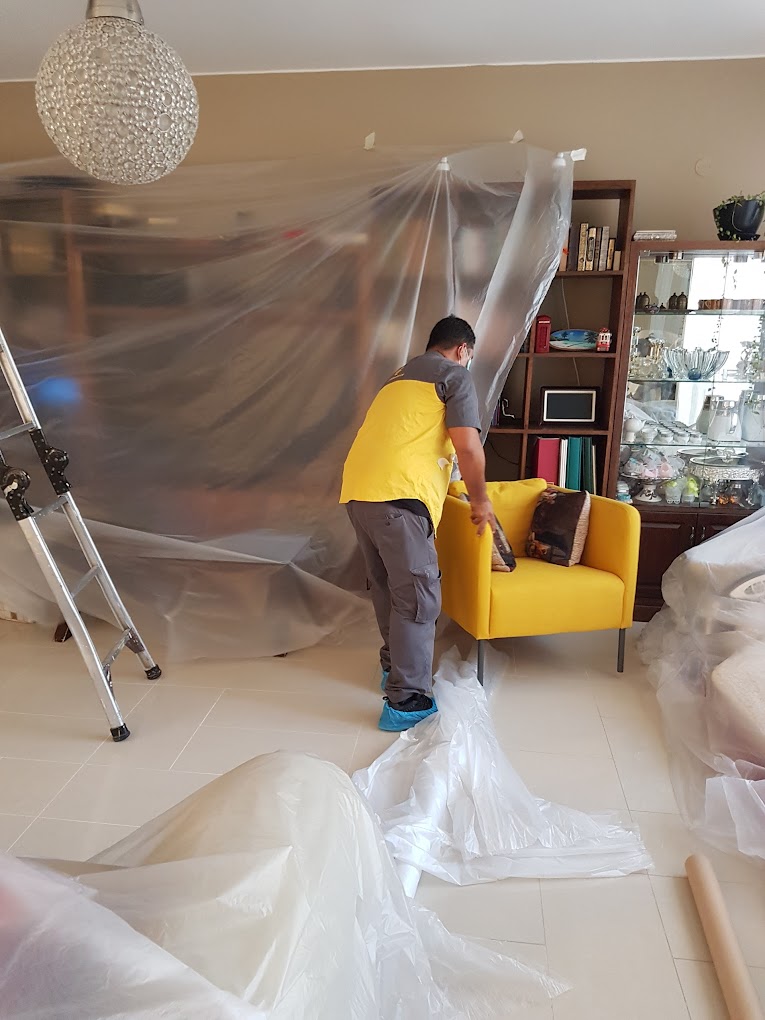
Feb 28, 2025
Benefits of Annual Maintenance Contract: Why AMC Is a Must-Have
-
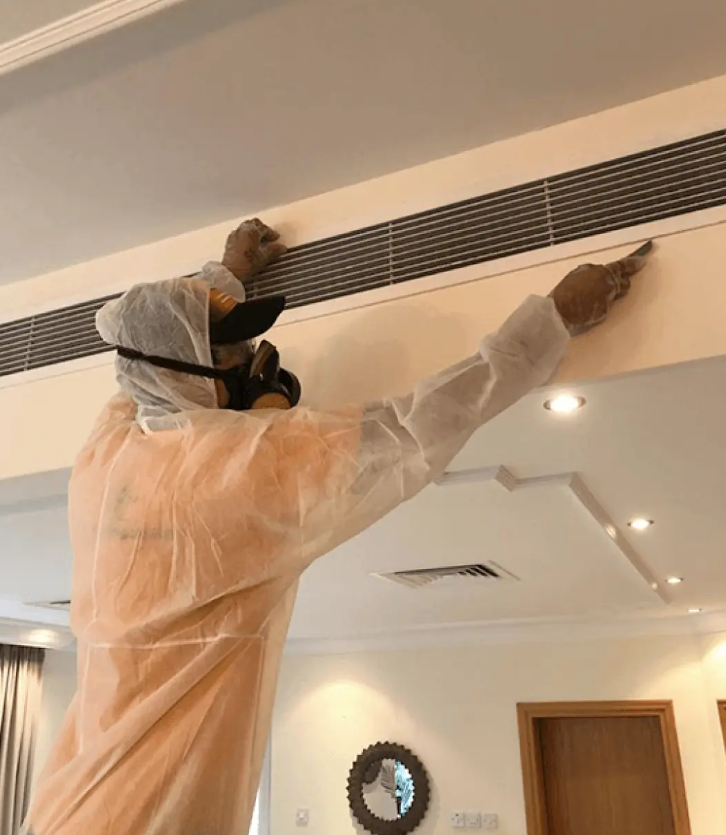
Feb 20, 2025
AC Duct Cleaning Dubai: Prices, Tips, and Choosing the Right Company
-
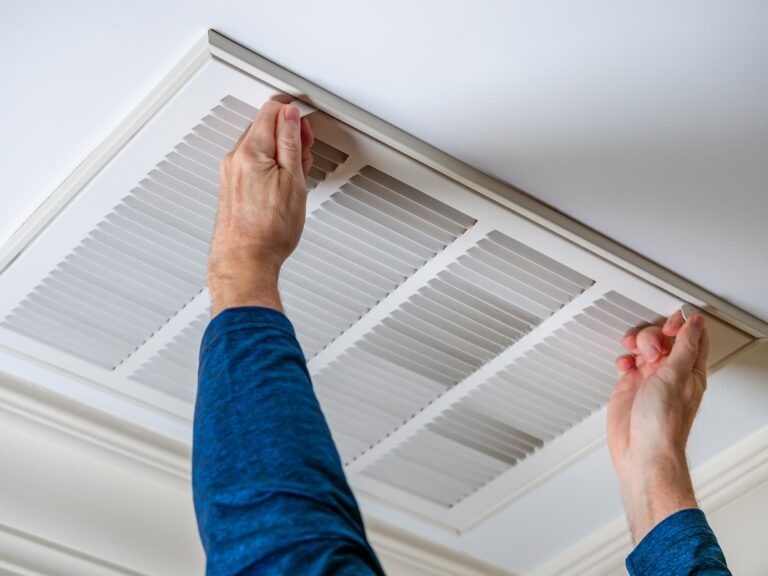
Feb 6, 2025
Why AC Duct Cleaning Is Important, Especially in Dubai
-
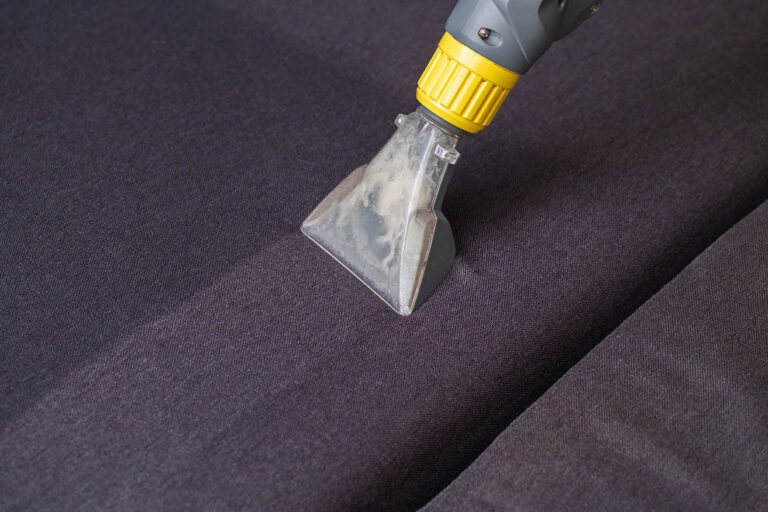
Jan 31, 2025
Cleaning Solutions for Pet Owners: Tips for Spotless & Fresh Homes
-
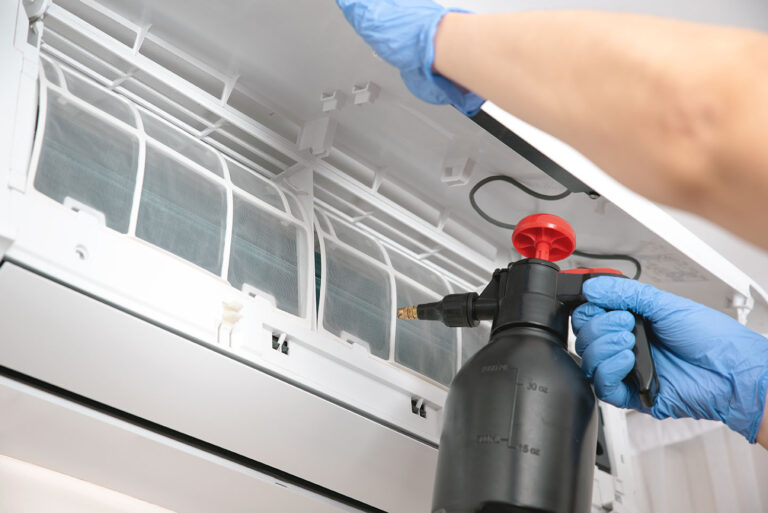
Jan 24, 2025
Is Your AC Leaking Water? Common Causes of AC Leaks and Solutions
-
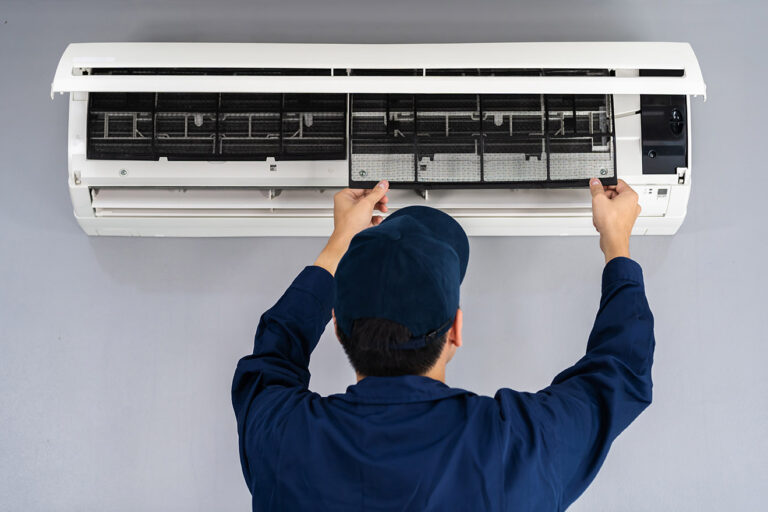
Jan 17, 2025
How Long Do Air Conditioners Last? The Role of Regular Maintenance
-
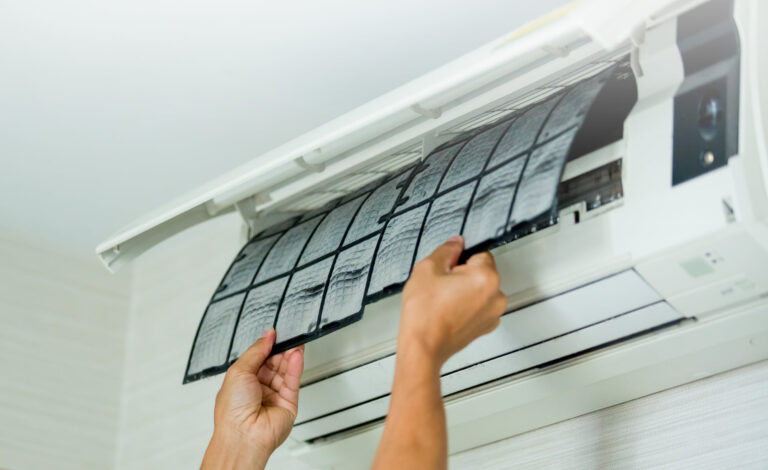
Jan 10, 2025
10 Reasons Your Air Conditioner Isn’t Cooling and How to Fix It
-
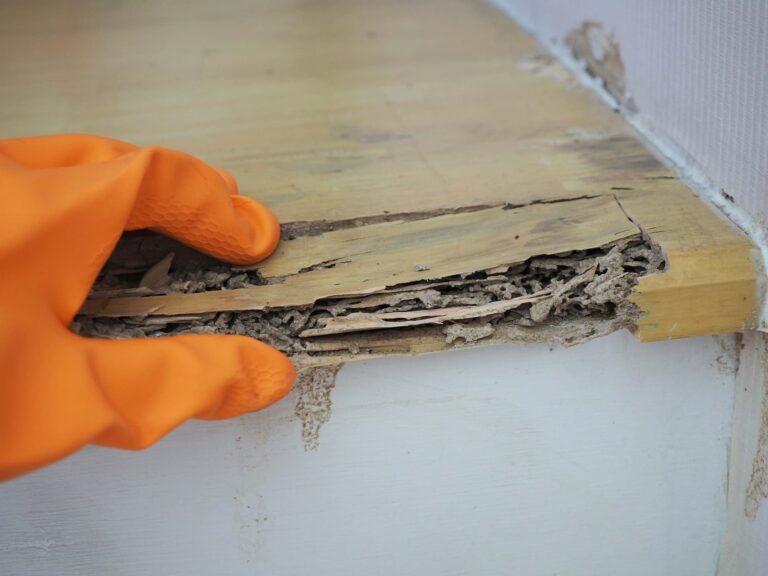
Dec 23, 2024
How to Deal with a Termite Infestation: Tips to Identify and Get Rid of Dust Mites
-

Dec 16, 2024
How to Get Rid of Cockroaches in Dubai: Tips for a Pest-Free Home
-
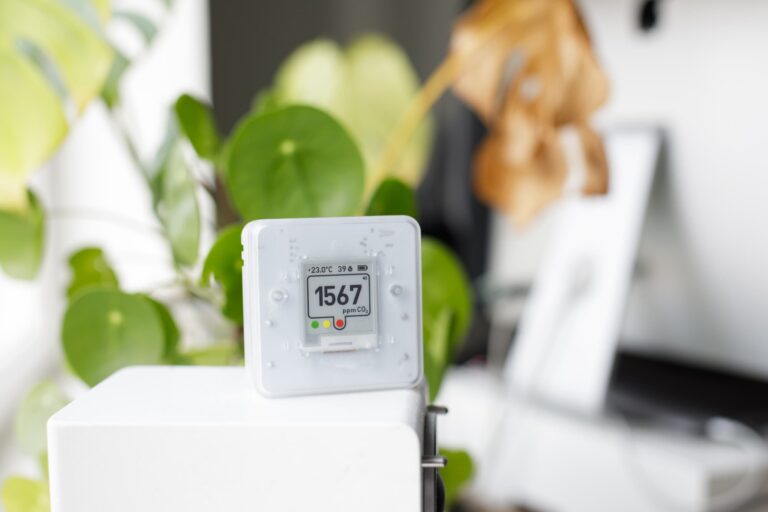
Dec 9, 2024
Breathe Clean: Your Guide to Indoor Air Quality Testing for a Healthier Living Space
-
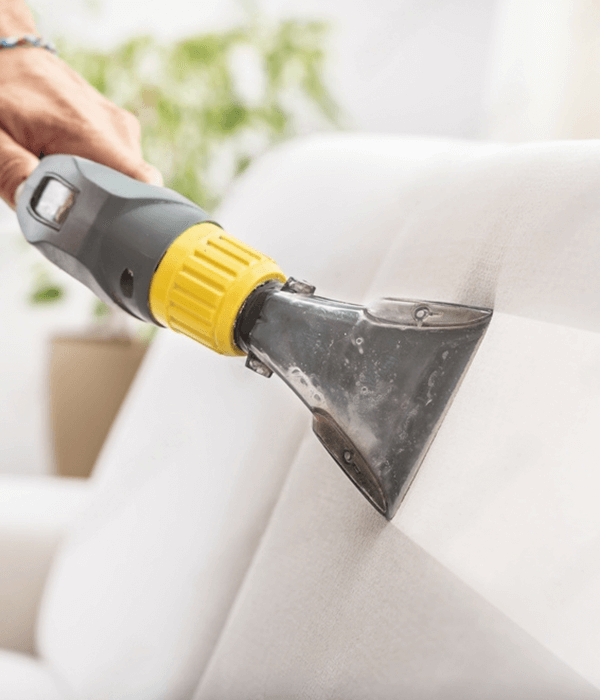
Nov 15, 2024
10 Expert Tips on the Best Way to Clean a Couch in Dubai
-
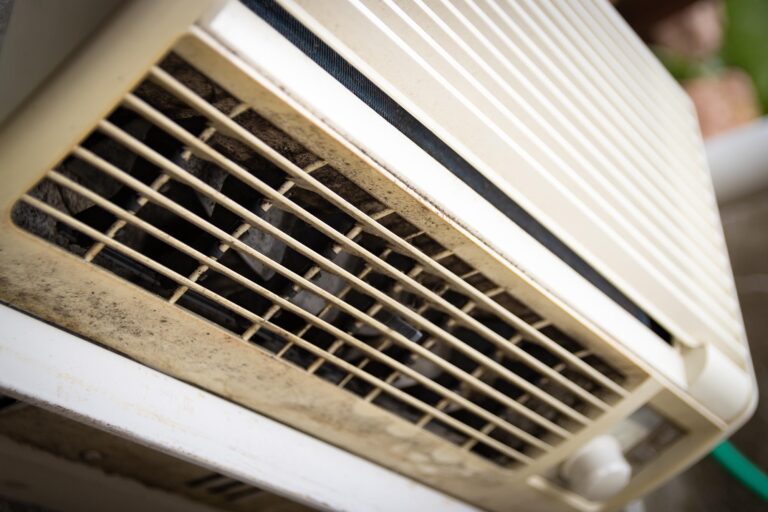
Oct 16, 2024
What is Mold in AC?
-

Sep 13, 2024
Can the Air Conditioner Make You Sick? 7 Signs and What to Do
-
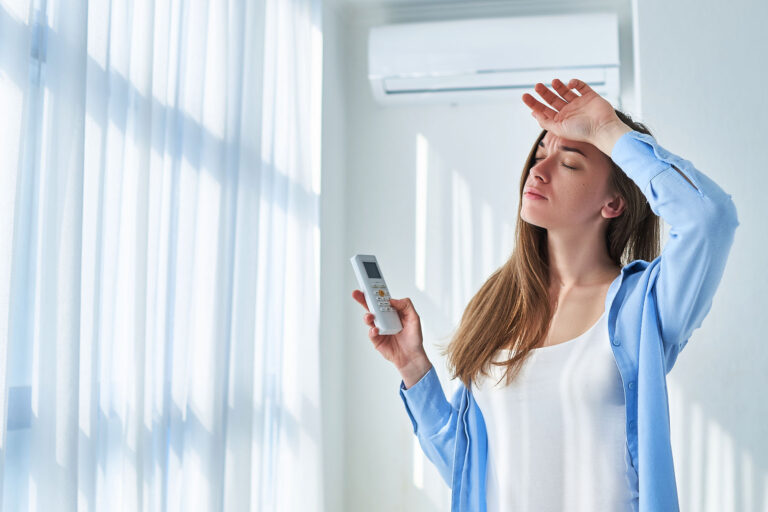
Aug 21, 2024
7 Reasons Why Your Air Conditioner Is Not Cooling Your Home
-
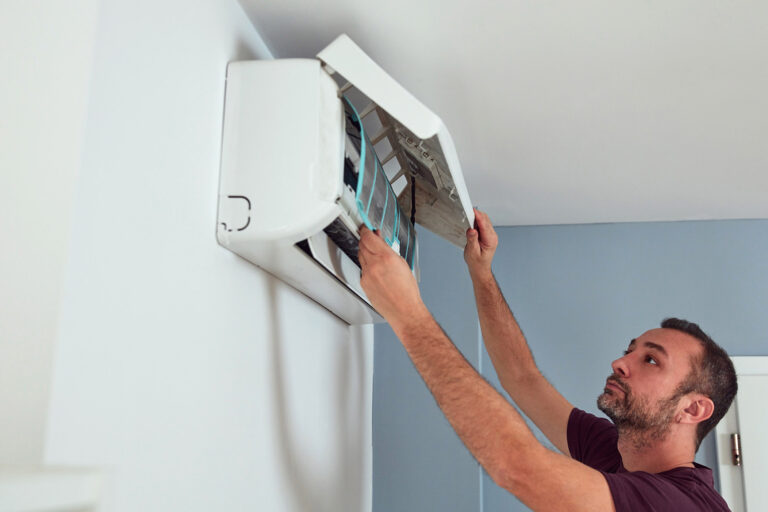
Aug 14, 2024
Why AC Duct Cleaning Is Important in Dubai
-
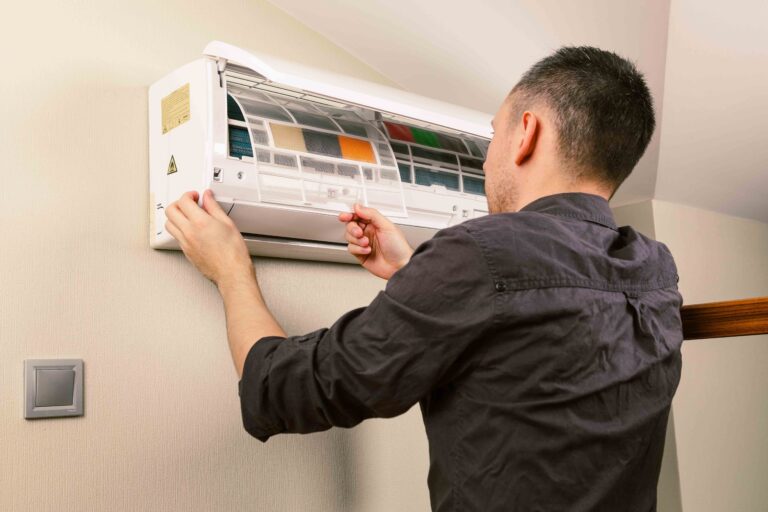
Jul 28, 2024
7 Essential AC Maintenance Tips You Should Follow
-
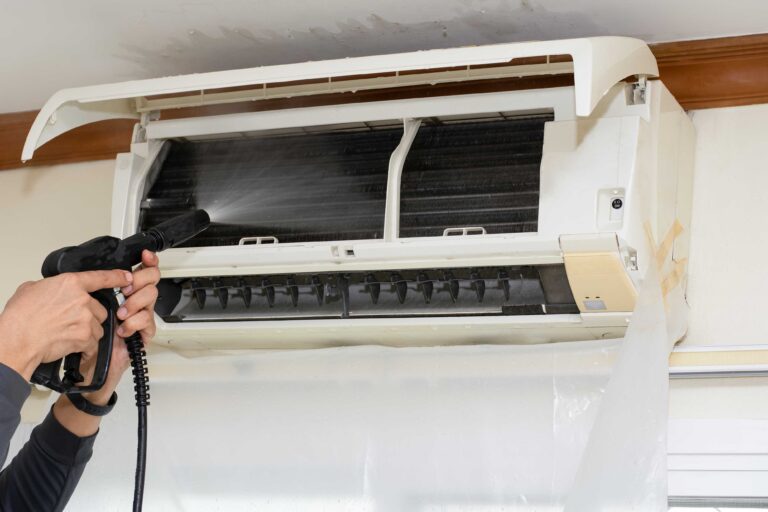
Jul 14, 2024
Is AC Duct Cleaning Necessary? 7 Reasons Why You Should Have Your Air Ducts Cleaned
-

Jun 21, 2024
Keep Your House Neat and Clean With These 10 Tips
-
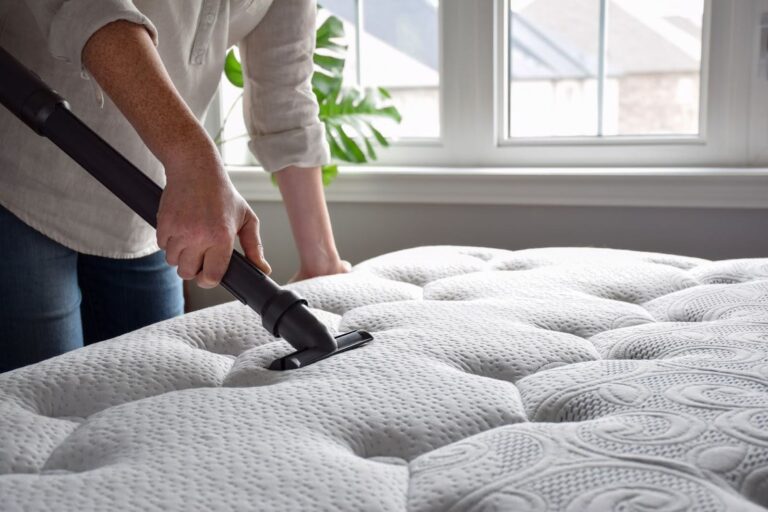
Jun 14, 2024
Tips on How to Keep Your Mattress Clean
-
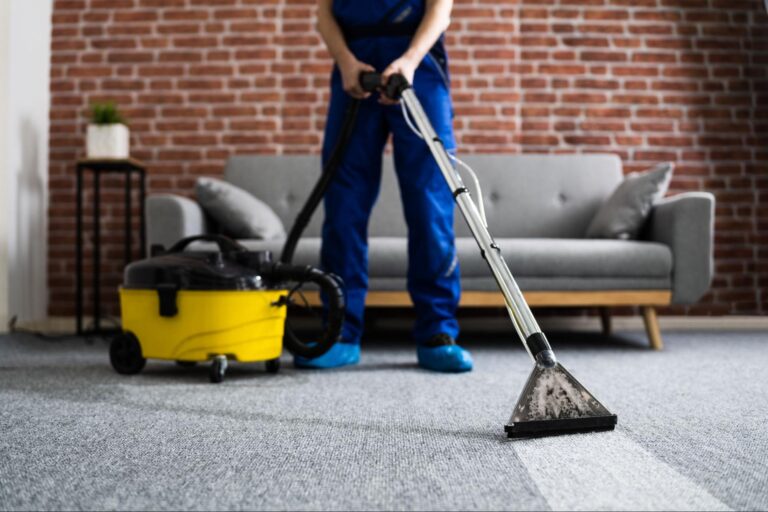
May 28, 2024
Here’s How to Clean Your Carpet at Home
-
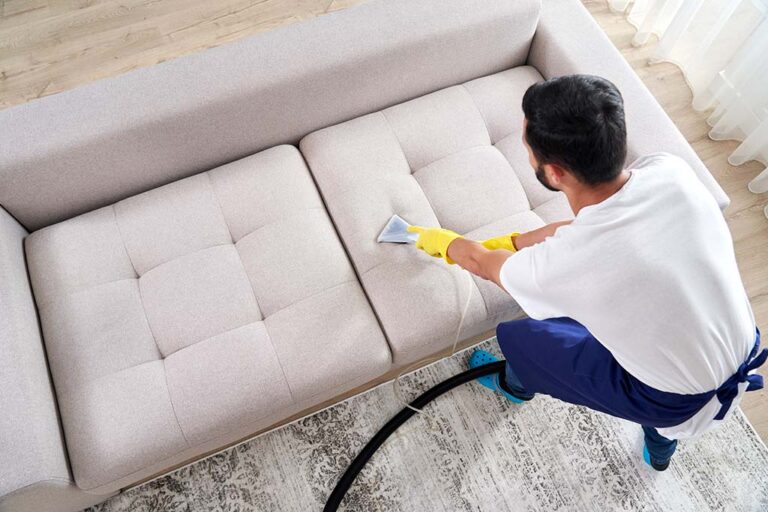
May 14, 2024
How to Clean a Fabric Sofa: Here’s a Guide
-
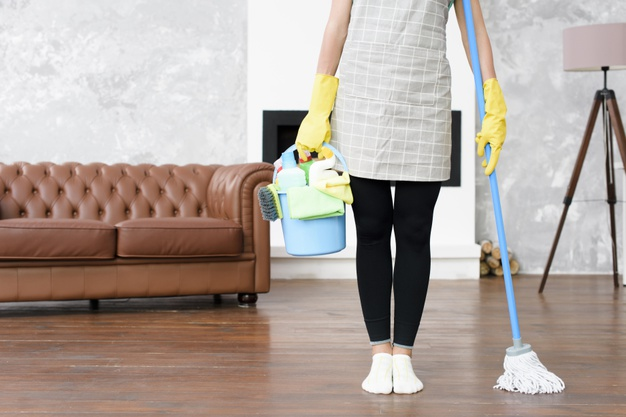
Apr 28, 2024
10 Cleaning Mistakes to Avoid for a Clean and Tidy Home
-
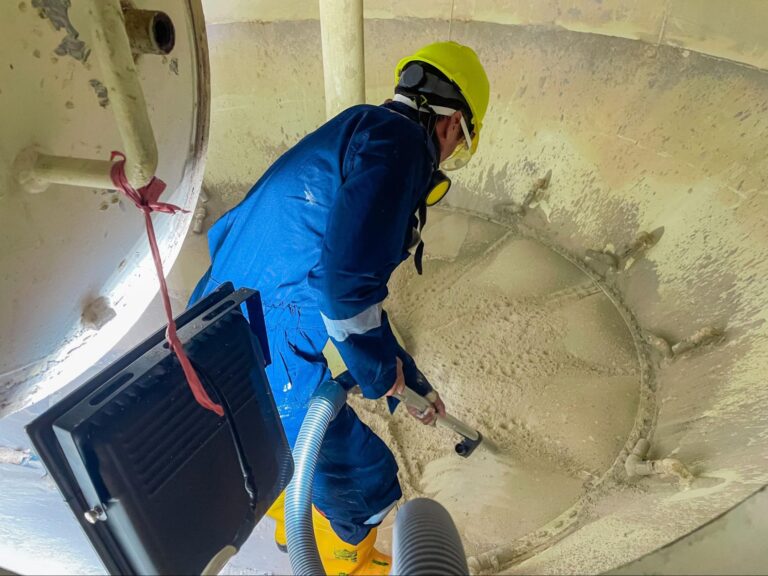
Apr 14, 2024
How to Clean a Water Tank: Water Tank Cleaning Checklist
-
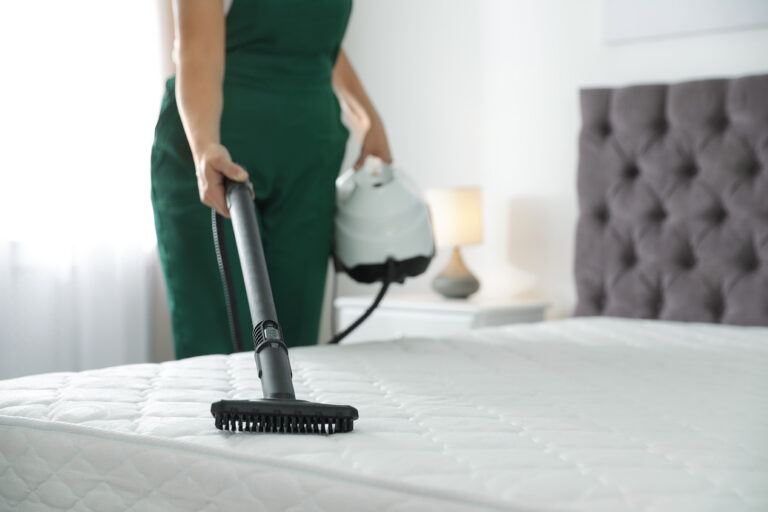
Mar 28, 2024
7 Reasons to Invest in Professional Mattress Cleaning
-
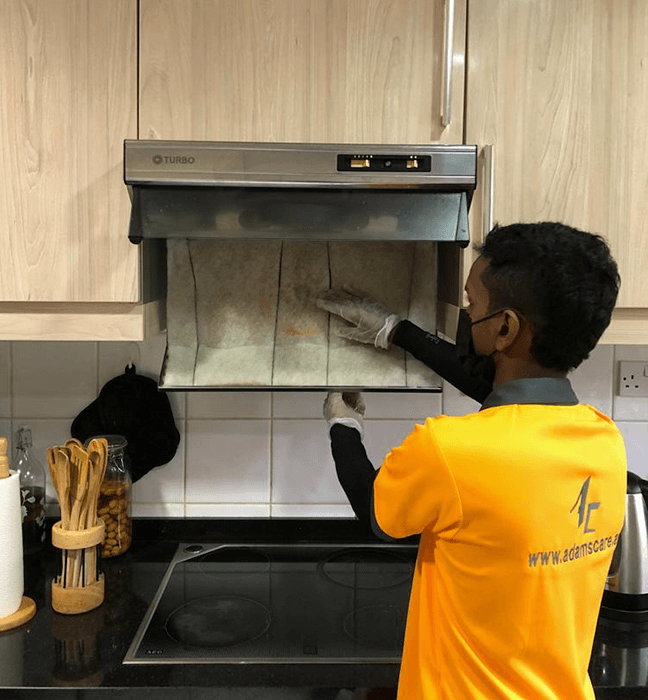
Mar 14, 2024
Why Regular Kitchen Exhaust Cleaning Is Important
-
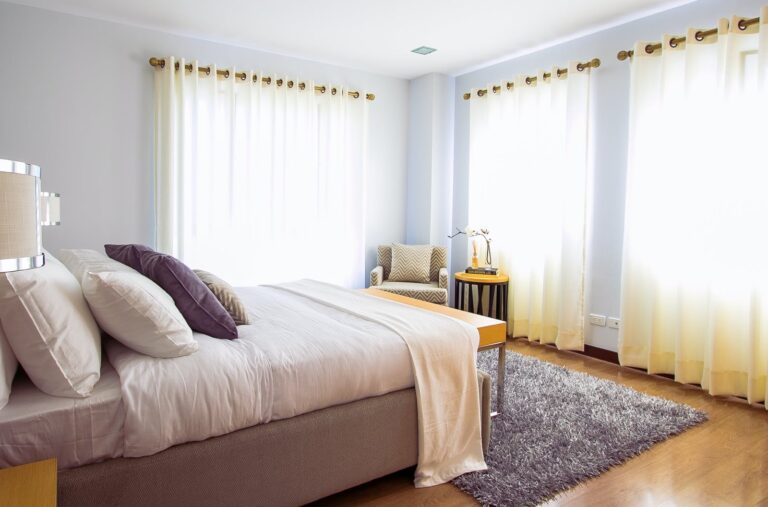
Feb 28, 2024
7 Tips on How to Clean Curtains While Hanging
-
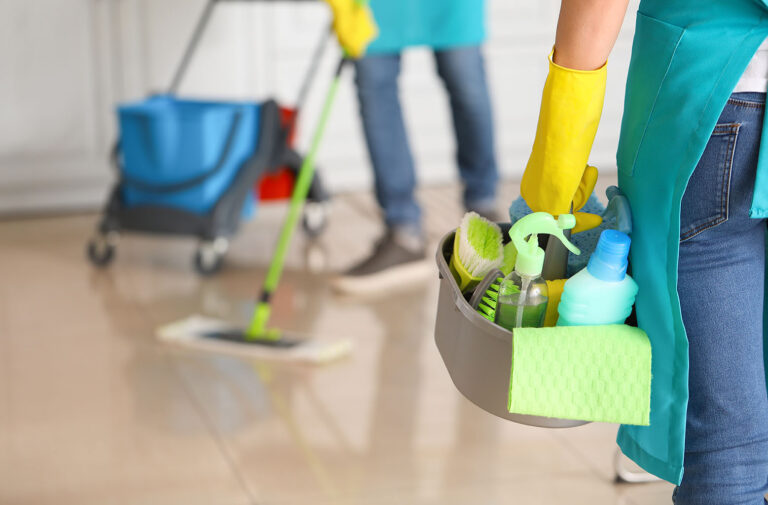
Feb 14, 2024
Essential Home Cleaning Materials: Here’s a List of Materials You Need for Cleaning Your House
-
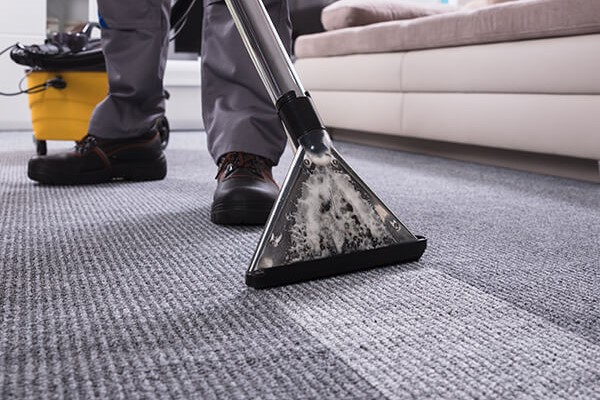
Jan 28, 2024
8 Reasons Why You Should Prioritise Professional Carpet Cleaning Services
-
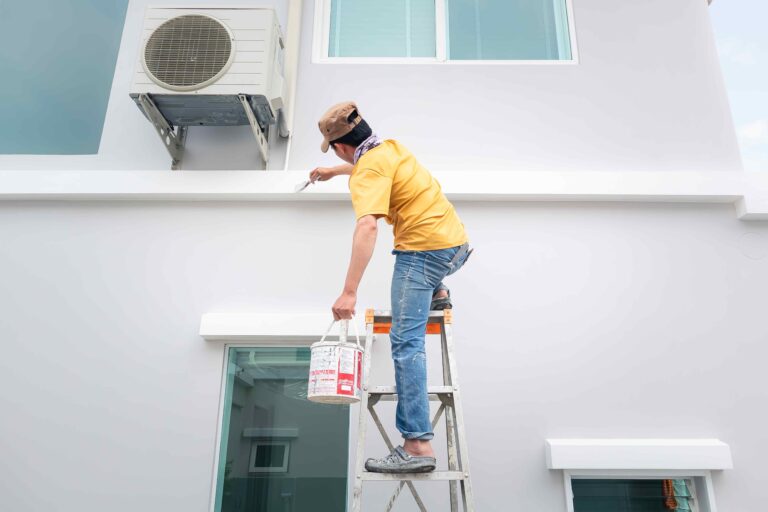
Jan 14, 2024
7 Benefits Gained From Professional Home Painting Services
-

Dec 22, 2023
10 Signs of Poor Indoor Air Quality
-

Dec 8, 2023
8 Tips to Improve Indoor Air Quality
-
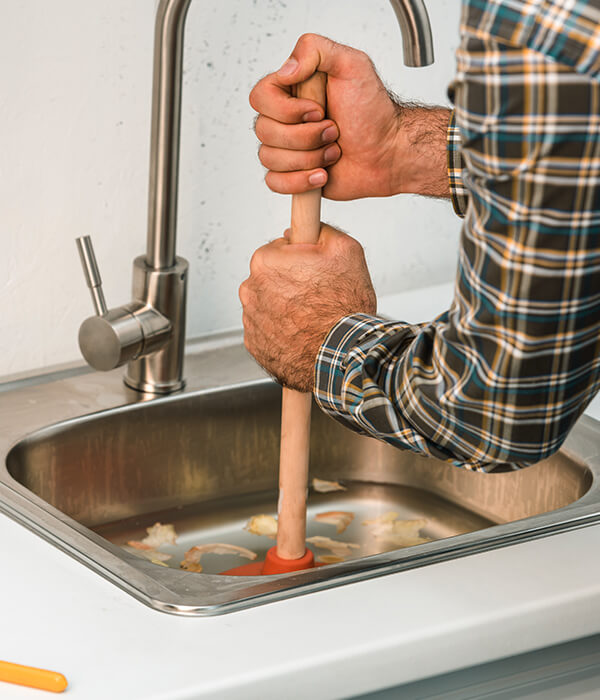
Aug 28, 2023
Common Handyman Tasks: A Comprehensive List of Services Offered
-
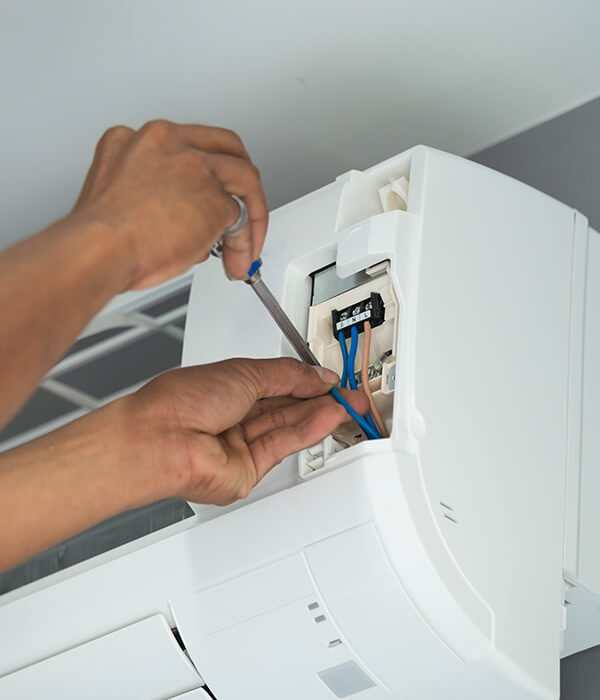
Aug 21, 2023
Energy Audits for UAE Homes: Identifying Opportunities for Efficiency
-
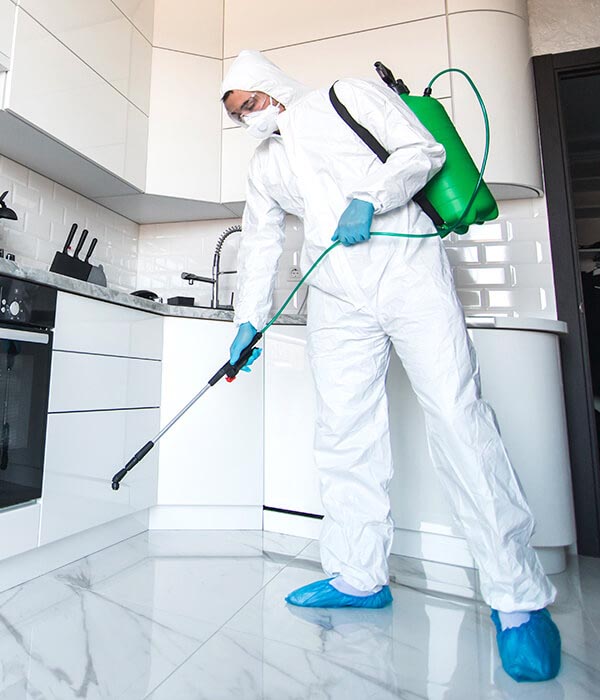
Aug 14, 2023
Sanitization Practices for Dubai’s Urban Living: Addressing High-Touch Surfaces
-
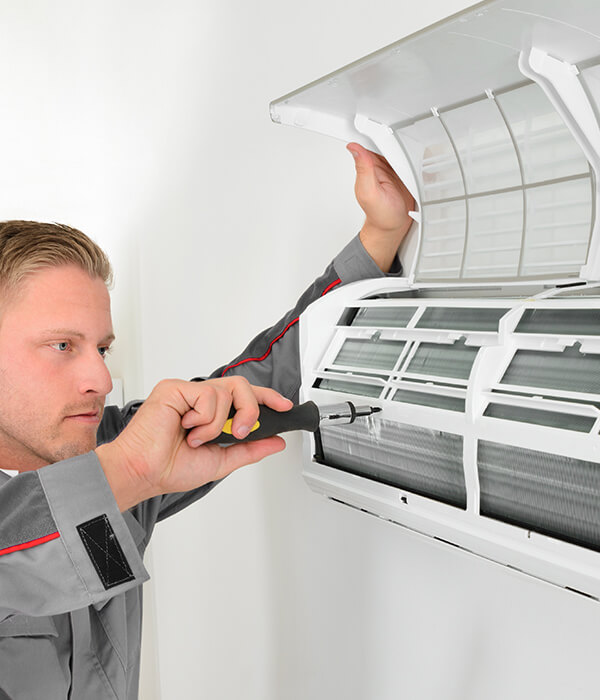
Aug 7, 2023
The Challenges of HVAC in Dubai: Dealing with Extreme Heat and Humidity
-
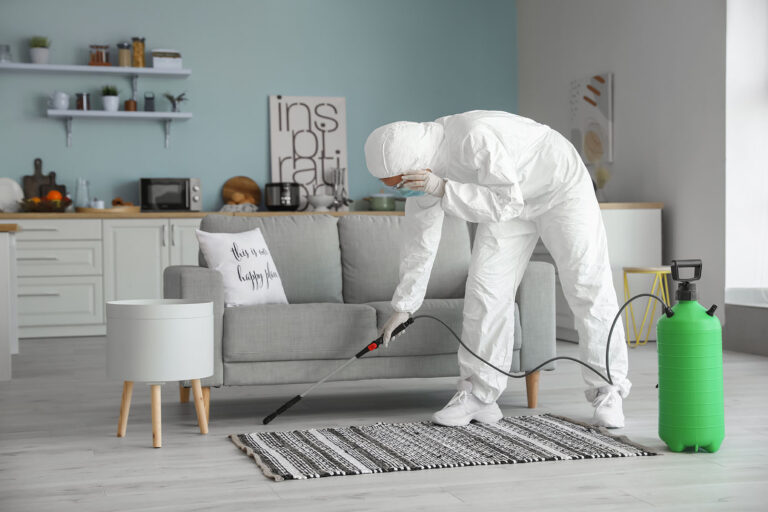
Jul 28, 2023
The Science of Sanitization: Understanding the Principles Behind Effective Home Cleaning
-
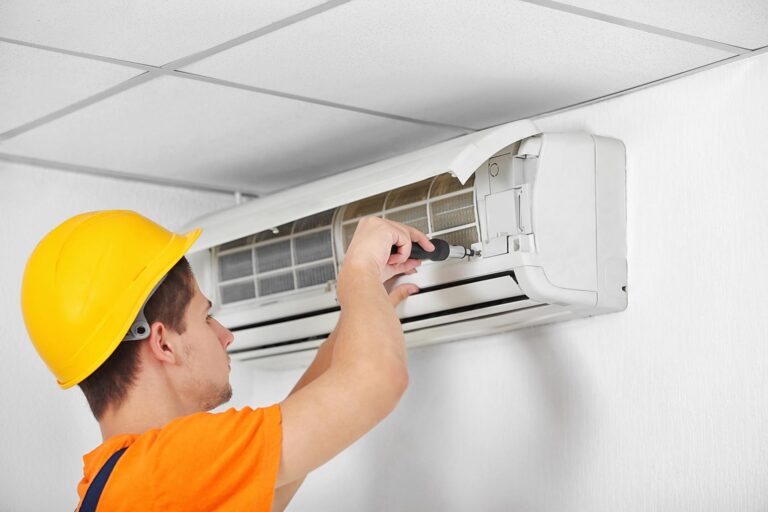
Jul 21, 2023
AC Cleaning and Energy Consumption: Examining the Relationship Between Cleanliness and Efficiency
-
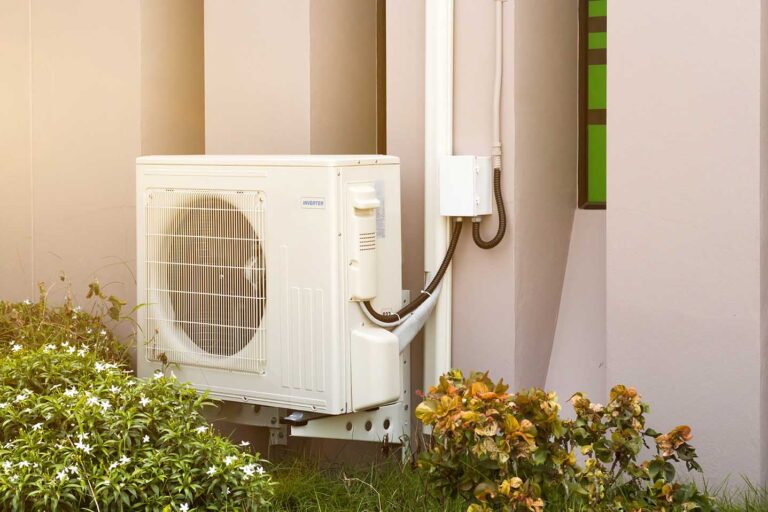
Jul 14, 2023
Maximizing Energy Efficiency in Your HVAC System During the Summer Heat
-
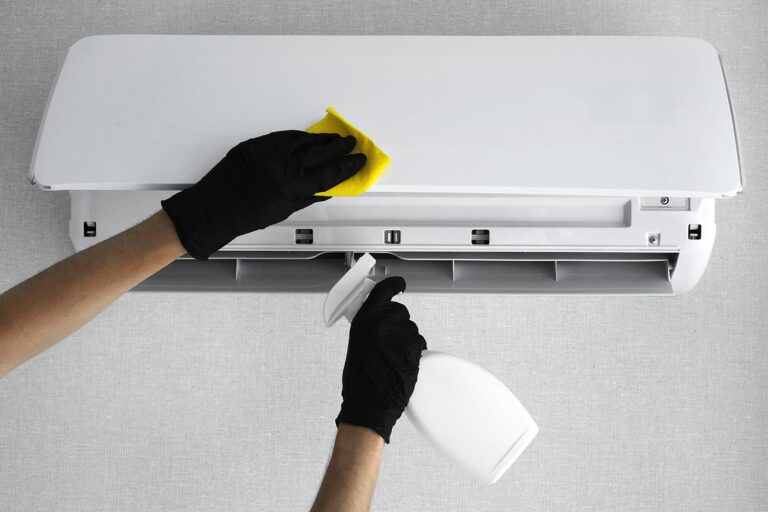
Jul 7, 2023
Mold and Mildew in AC Ducts: Understanding the Risks and Remediation Strategies
-
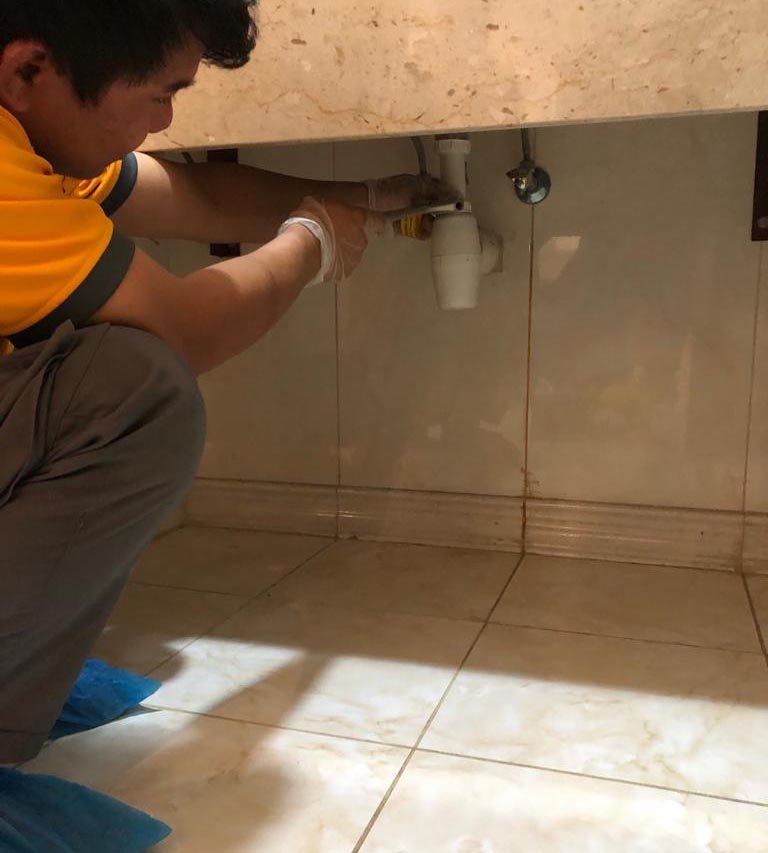
Jun 28, 2023
Signs And Symptoms That May Indicate The Presence Of A Water Leak
-
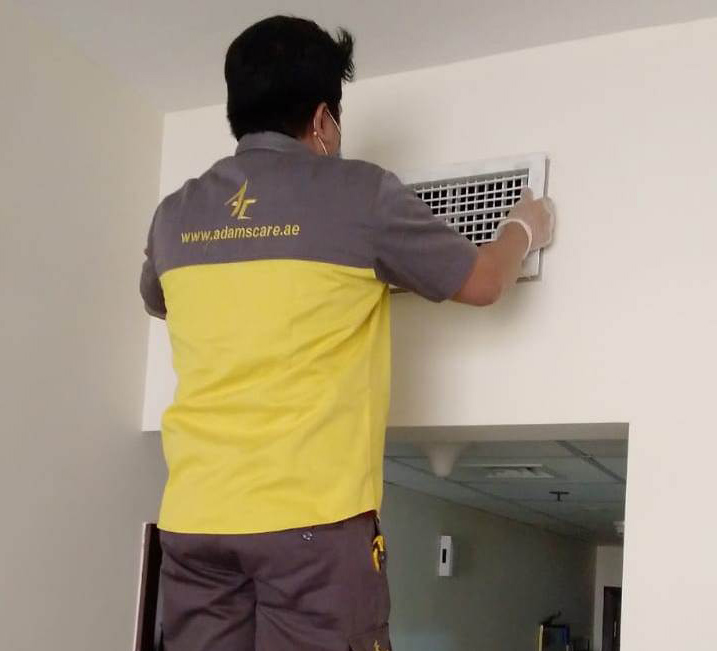
Jun 21, 2023
Types Of Contaminants That Can Be Found In AC Ducts
-
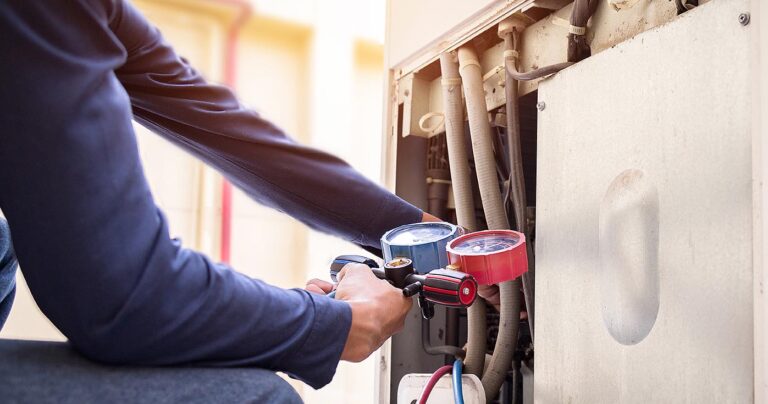
Jun 14, 2023
Indoor Air Quality (IAQ): Exploring The Impact Of HVAC Systems On Indoor Air Quality
-
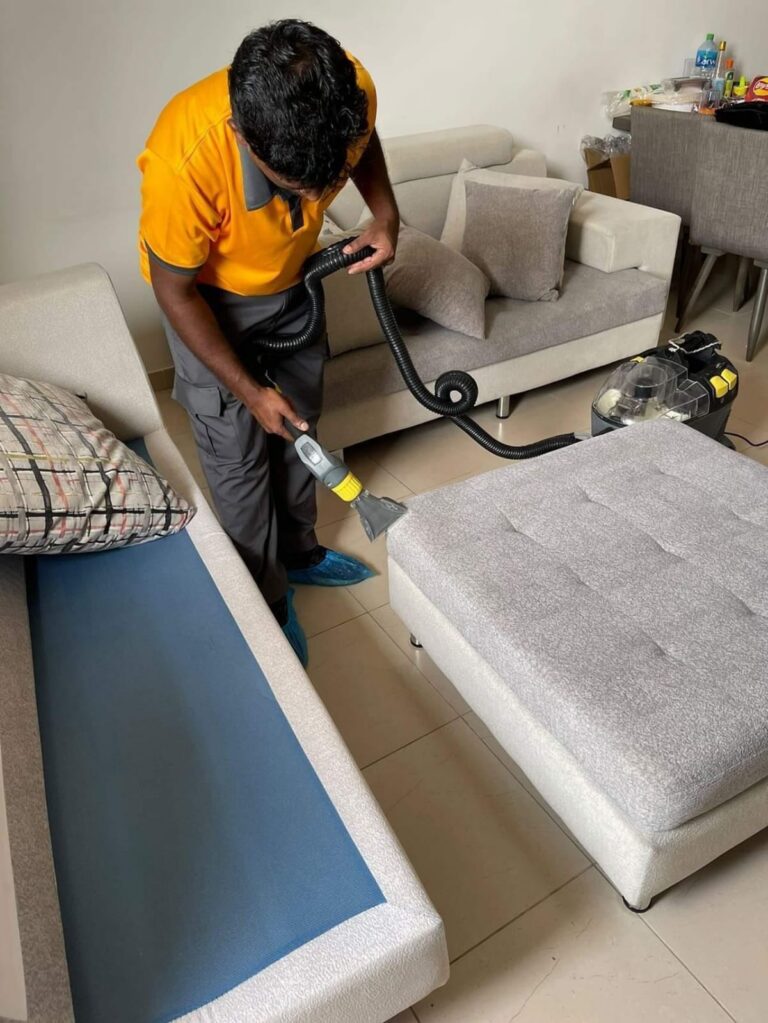
Jun 7, 2023
Principles Of Effective Cleaning And Disinfection
-
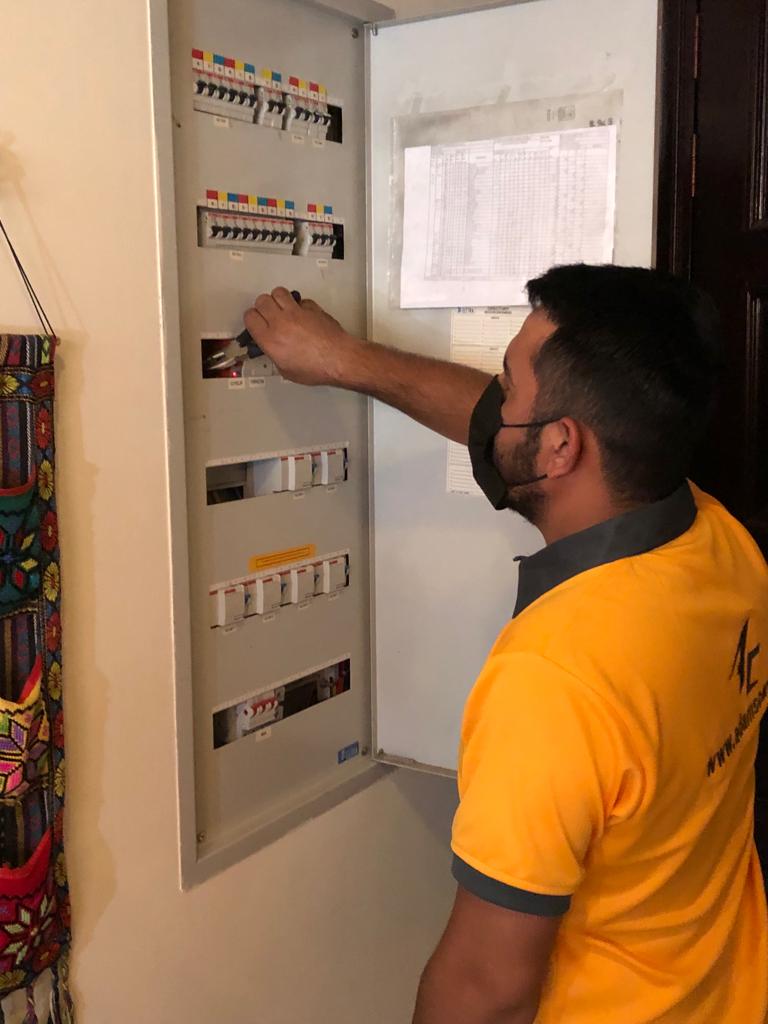
May 28, 2023
Upgrading Your Electrical System: What Do You Get?
-
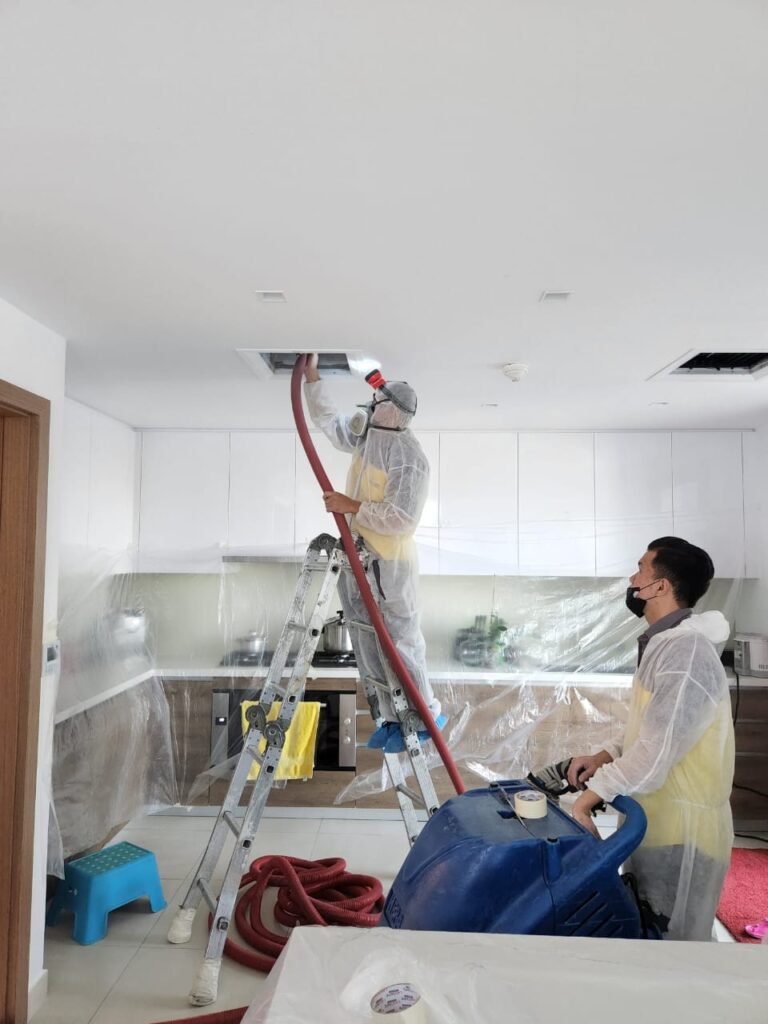
May 21, 2023
Quick Guide to HVAC Emergencies: Keeping Your Home Comfortable and Safe
-
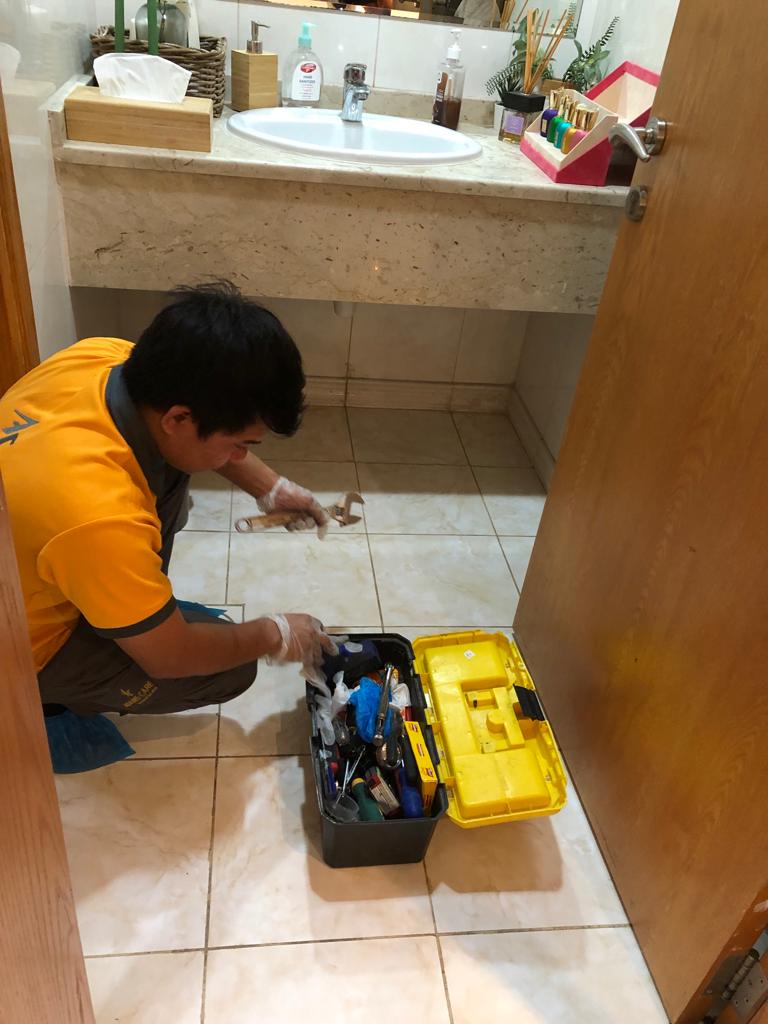
May 14, 2023
Plumbing Emergencies: How to Respond Quickly and Effectively
-
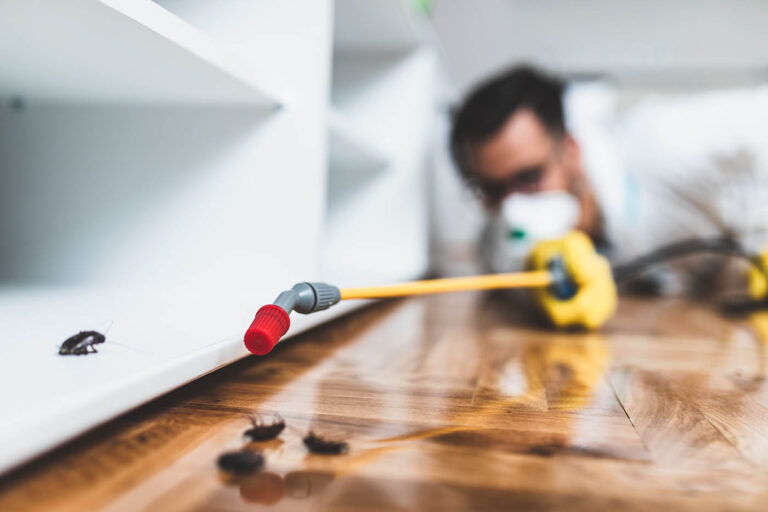
May 7, 2023
Protecting Your Home from Pests: Tips and Strategies for Effective Pest Control
-

Apr 28, 2023
Maximizing the Longevity of Your Property: The Need For Regular Mold Inspection
-

Apr 21, 2023
Protecting Your Health and Well-being: The Benefits of Comprehensive Sanitization Services
-

Apr 14, 2023
Maximizing the Performance of Your HVAC System: The Benefits of Expert AC Duct Cleaning
-
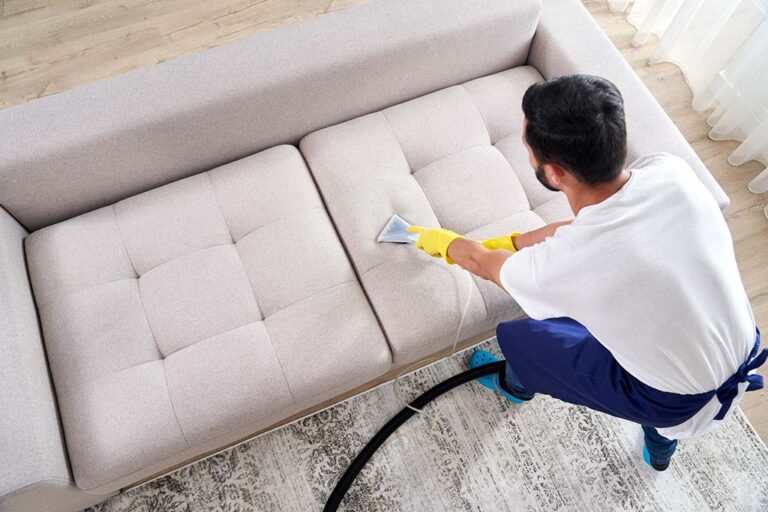
Apr 7, 2023
Protect Your Investment: The Benefits of Regular Sofa Cleaning for Your Furniture
-
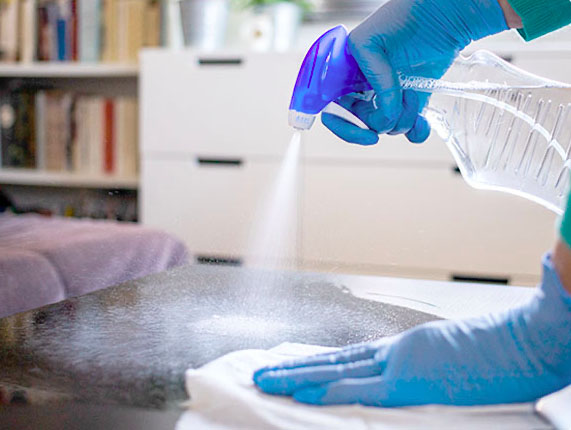
Mar 28, 2023
Summer Cleaning Checklist
-
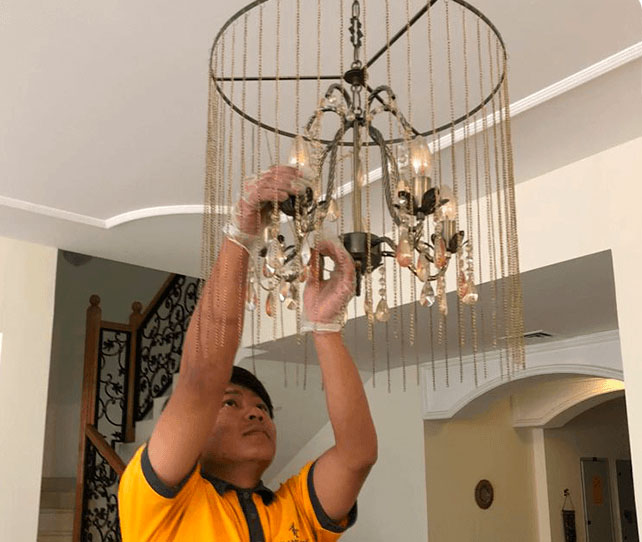
Mar 21, 2023
How To Clean Your House If You Have Allergies
-

Mar 14, 2023
How To Keep Your Hardwood Flooring Clean In 3 Steps!
-
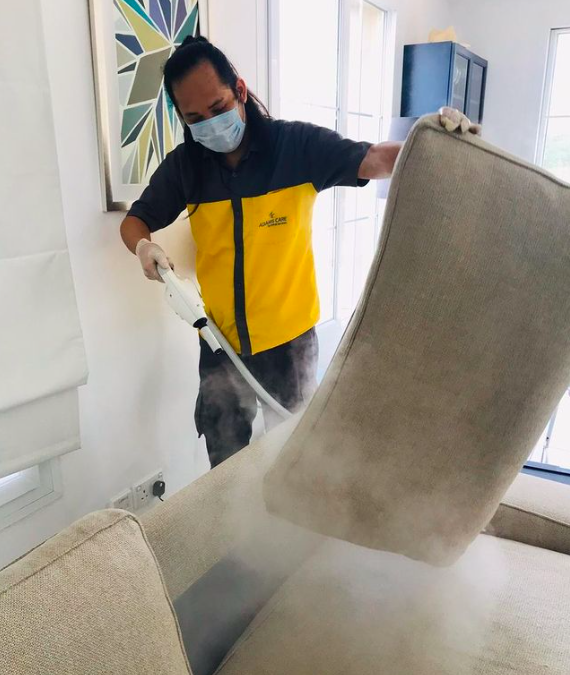
Mar 7, 2023
Safeguard Your Home By Cleaning and Sanitizing Your Furniture
-
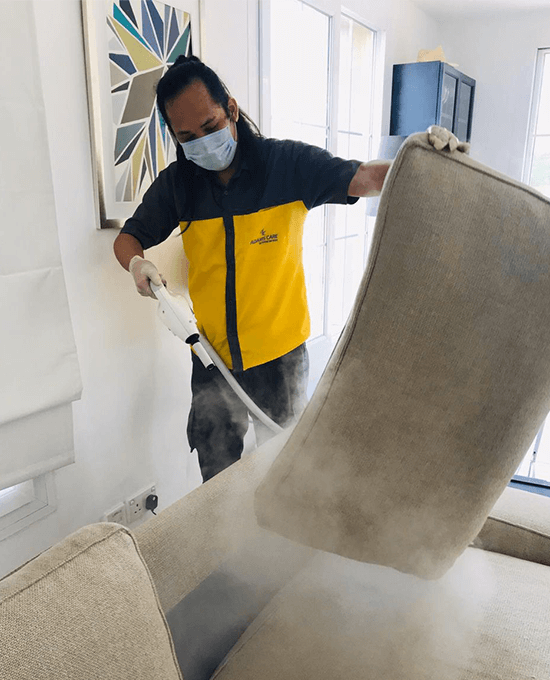
Feb 21, 2023
Sofa Cleaning Mistakes You Need To Avoid
-
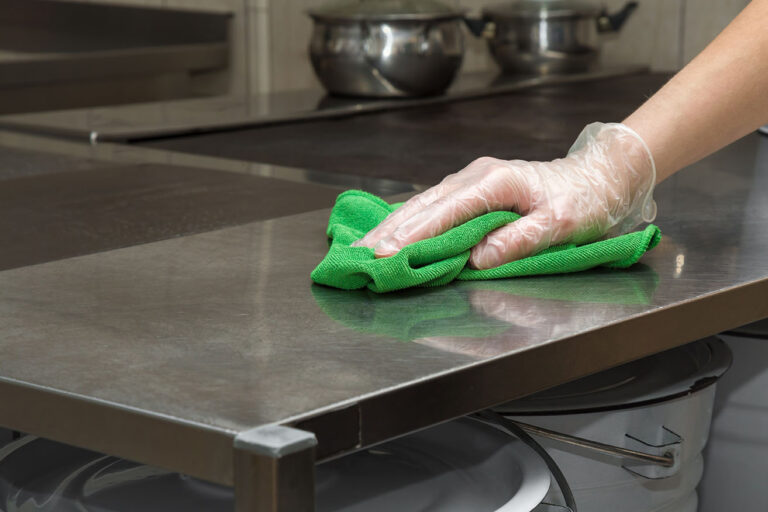
Feb 14, 2023
How Regular Maintenance Can Improve Your Property Value
-
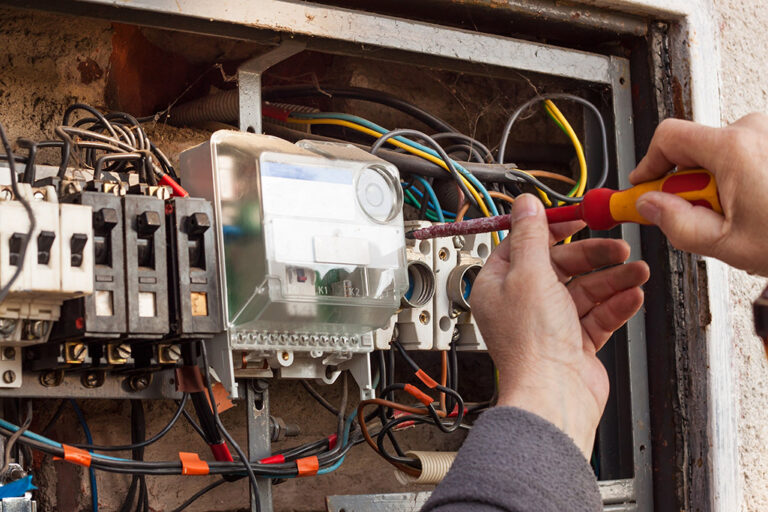
Feb 7, 2023
Why You Should Never Try Electrical Repairs By Yourself
-
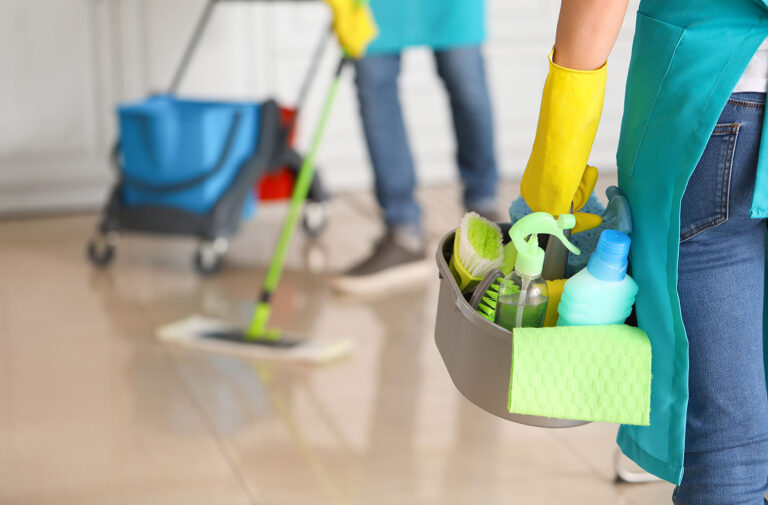
Jan 28, 2023
Why Hiring Post-Construction Cleaners Is A Must
-
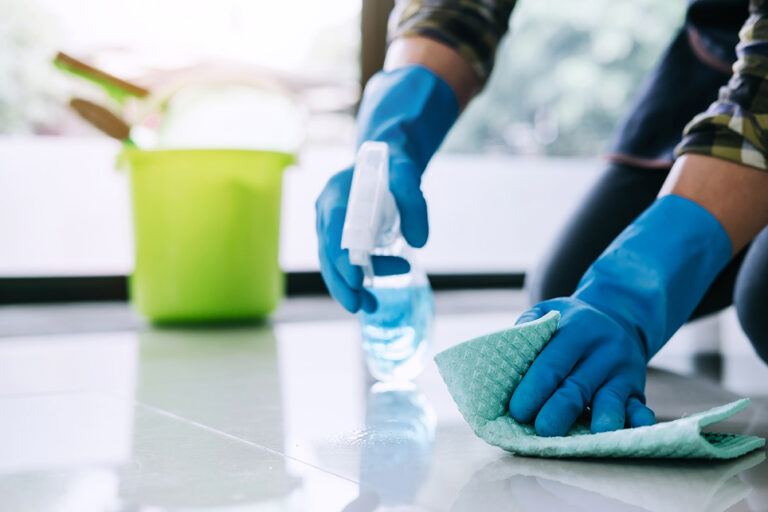
Jan 21, 2023
Basics About Mold And Dampness In Your House
-

Jan 14, 2023
Deep Cleaning Upholstery: Is It Worth It?
-

Jan 7, 2023
Spring Cleaning 2023: Things To Keep In Mind
-
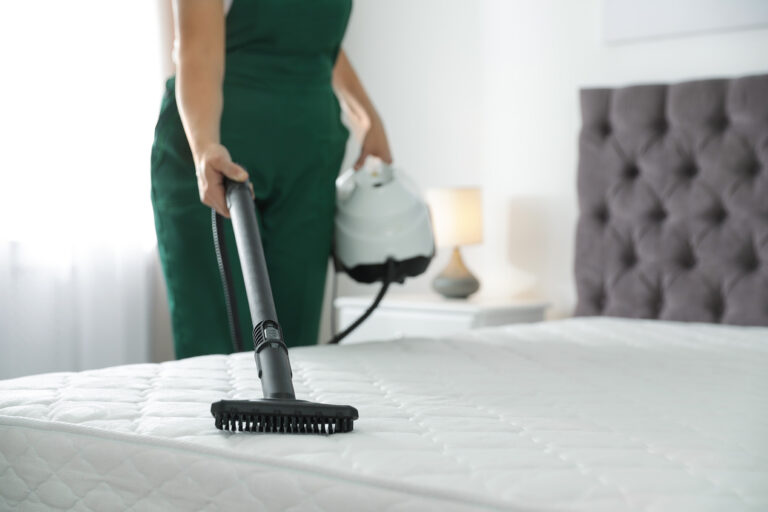
Dec 28, 2022
What To Consider Before Booking A Professional Mattress Cleaning Service
-
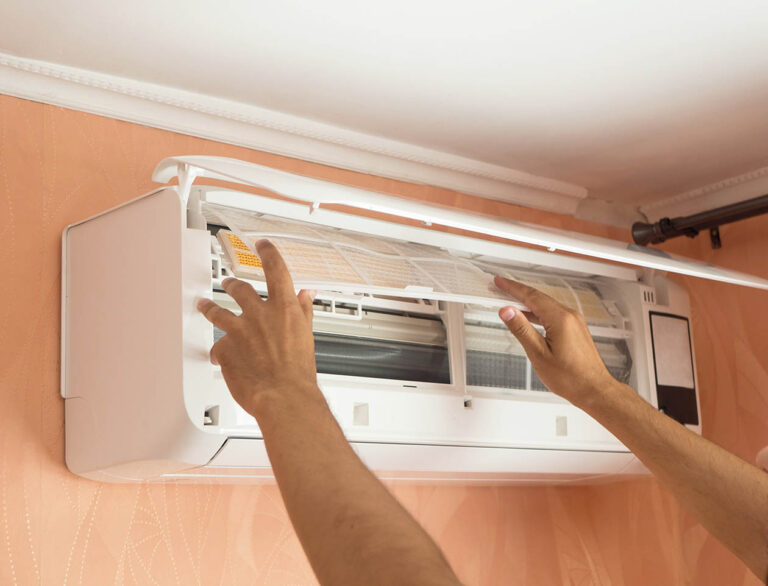
Dec 21, 2022
Signs Your AC Needs Replacement
-
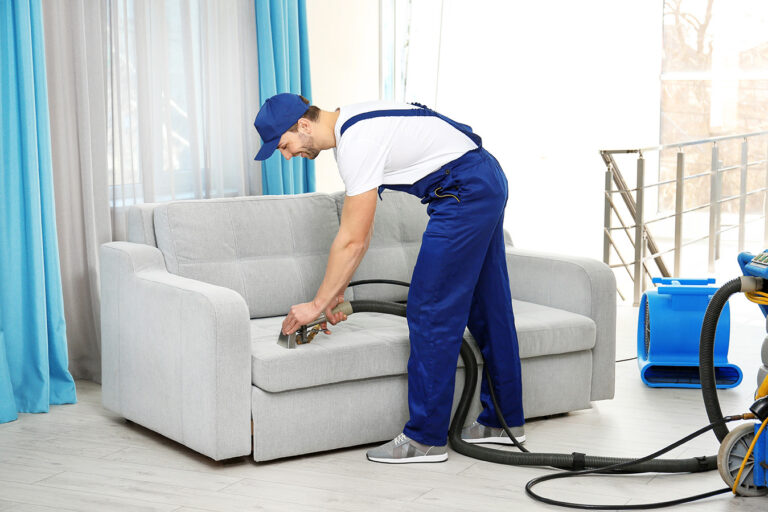
Dec 21, 2022
Signs You Need Furniture Cleaning and Home Sanitization
-
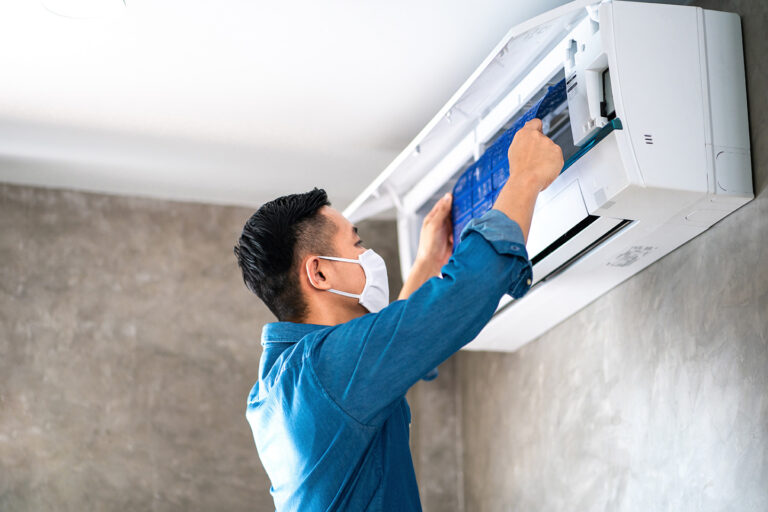
Dec 14, 2022
Implications Of Skipping Professional AC Cleaning & Sanitization
-

Dec 7, 2022
Why Should You Consider Getting A Pest Control Contract?
-
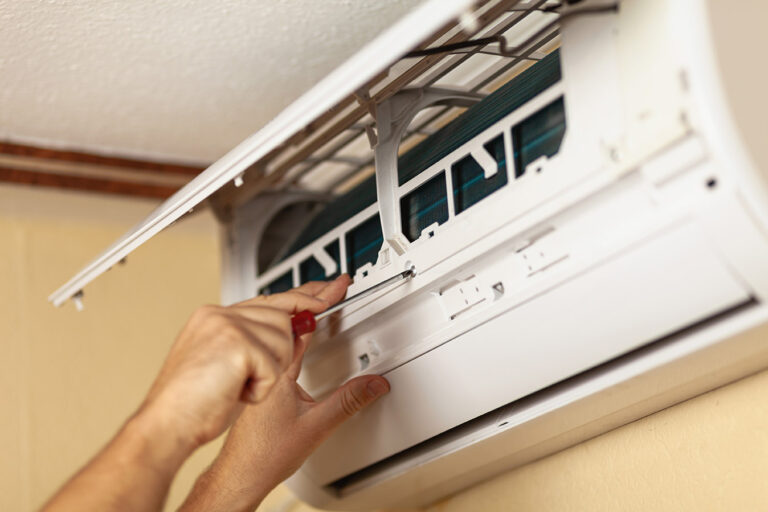
Nov 28, 2022
Spots Where You Shouldn’t Install Your AC
-
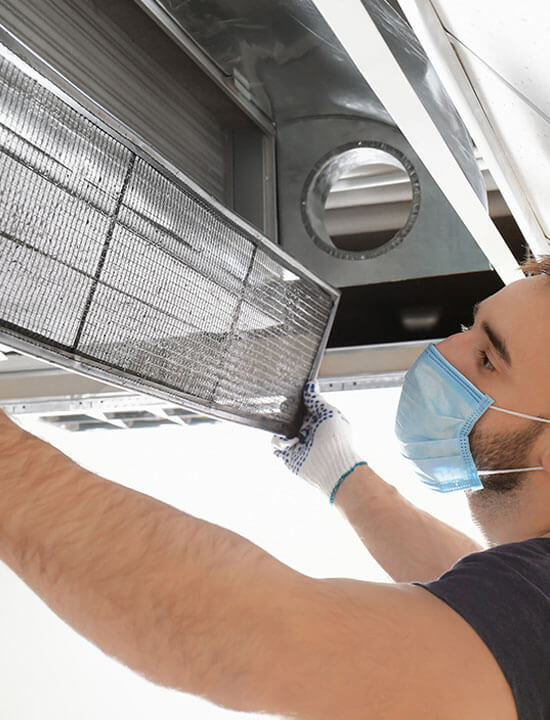
Nov 14, 2022
Preparing Your AC For Winter
-
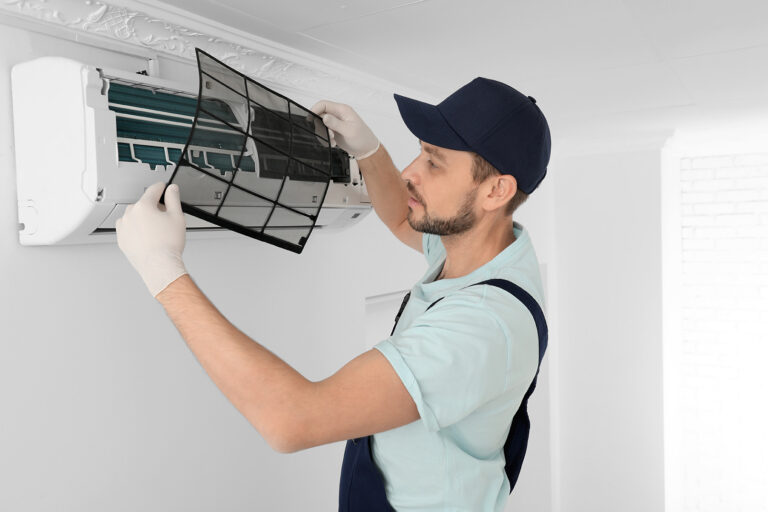
Nov 7, 2022
Should You Repair or Replace Your AC Unit?
-

Oct 28, 2022
AC Mistakes That Are Costing You Money
-
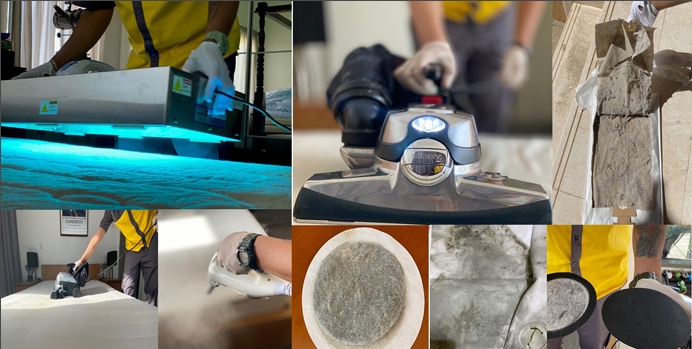
Oct 21, 2022
Why Home Sanitization Should Still Be A Priority Even After The Pandemic
-

Oct 14, 2022
Things You Should Clean Before Winter
-

Oct 7, 2022
What you Can Expect From Annual Maintenance Contracts
-
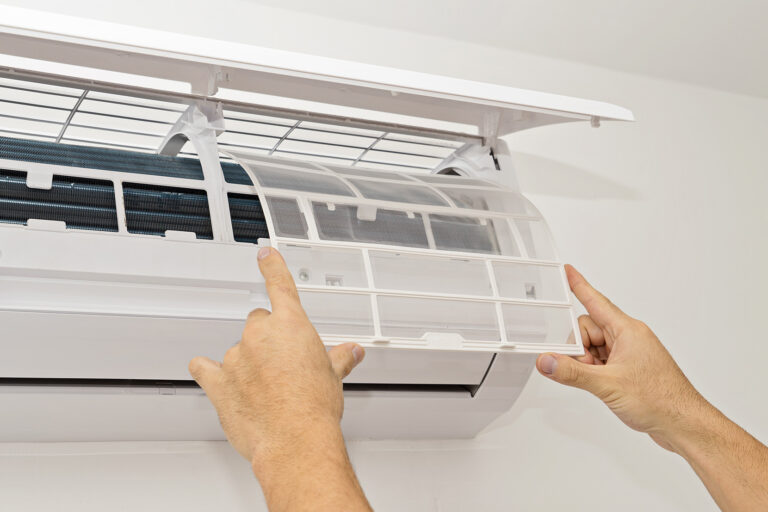
Sep 28, 2022
Things That Degrade Indoor Air Quality
-
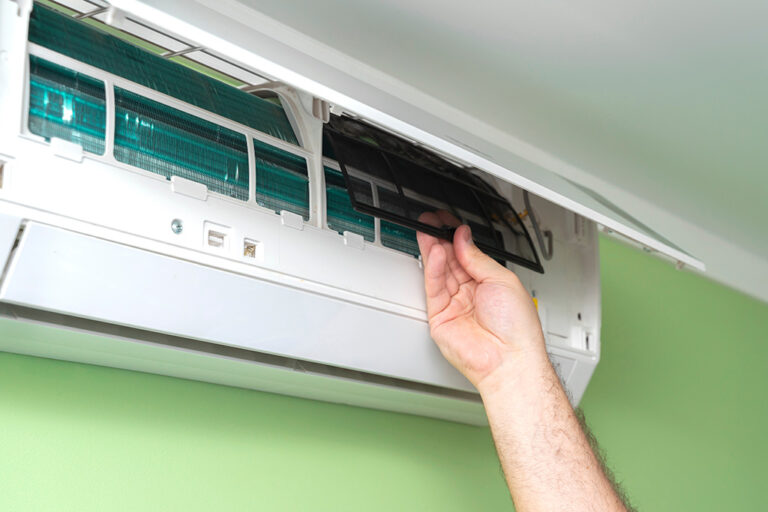
Sep 21, 2022
Tips For Preparing Your Air Conditioning Unit This Fall
-
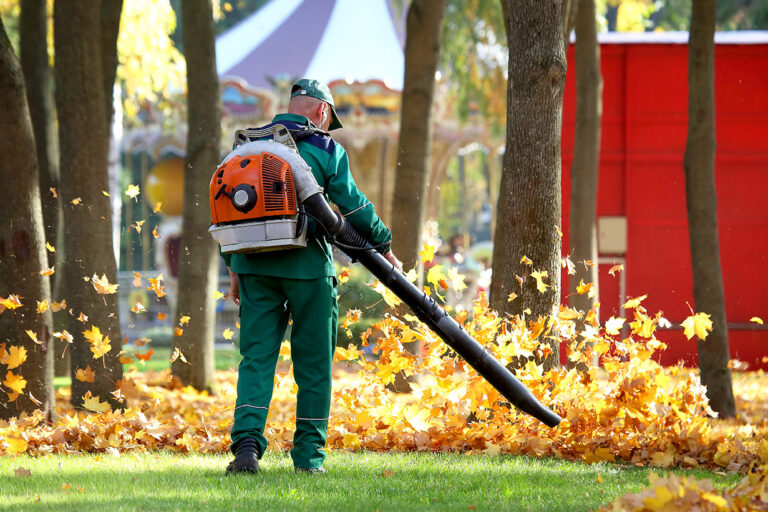
Sep 7, 2022
Why Your Yard Needs A Seasonal Fall Cleanup
-
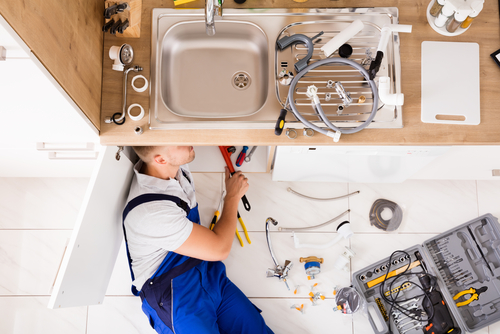
Aug 28, 2022
Benefits of An Annual Maintenance Contract
-
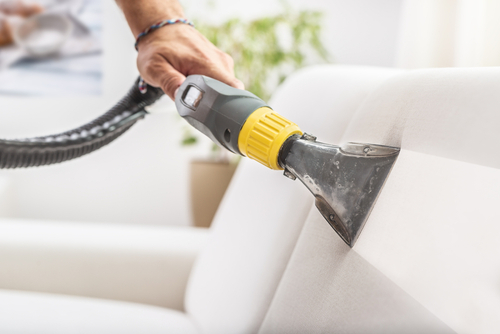
Aug 21, 2022
How Often Should You Deep Clean Your Furniture?
-
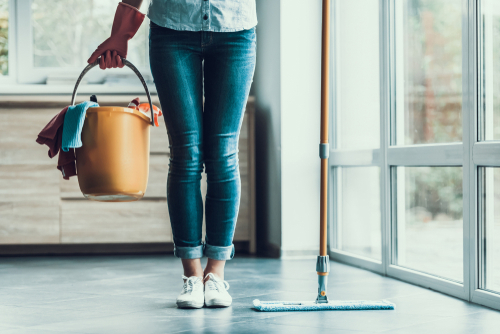
Aug 14, 2022
The Right Way To Disinfect Your Home
-
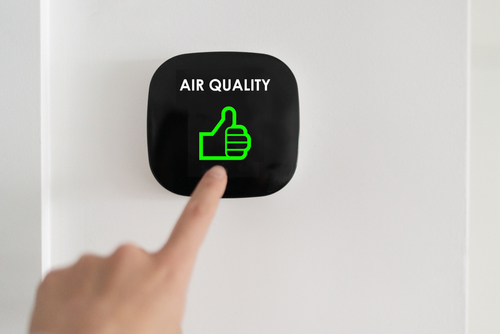
Aug 7, 2022
Why Indoor Air Quality Is Important
-
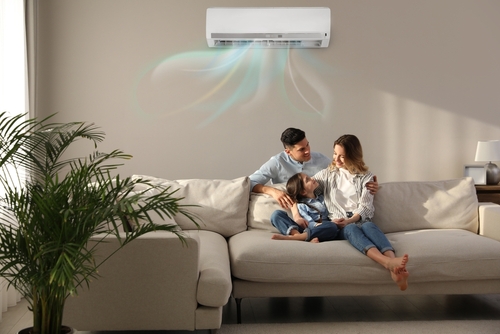
Jul 28, 2022
Ways To Improve Air Conditioning Efficiency
-

Jul 21, 2022
5 Benefits Of A Good Ventilation System
-
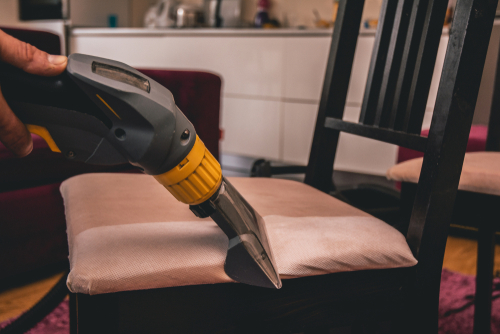
Jul 14, 2022
The Difference Between Deep And Regular Cleaning
-
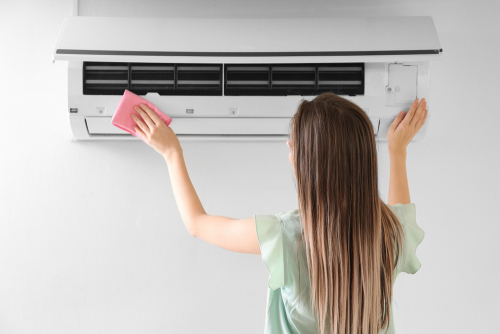
Jul 7, 2022
The Unknown Consequences Of A Dirty Air Conditioner
-
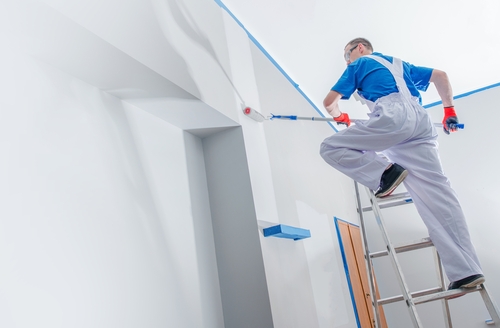
Jun 28, 2022
Would Self-Painting Cut it? Benefits Of Hiring A Professional.
-
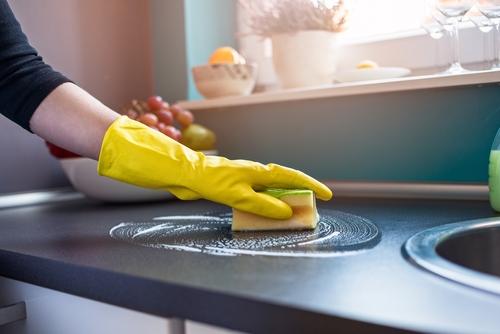
Jun 21, 2022
How Often Should You Deep Clean Your Home?
-
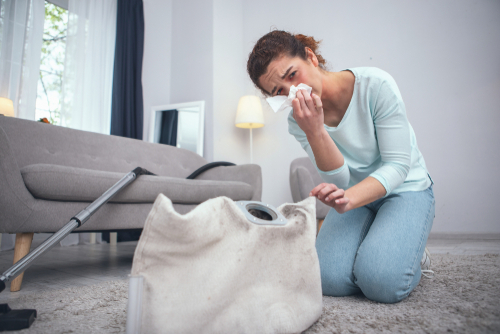
Jun 14, 2022
What Is Household Dust Made Of And Why They Can Be Bad For You
-
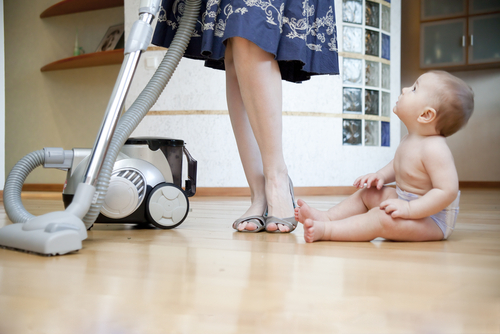
Jun 7, 2022
Deep Cleaning Checklist Before The Baby Arrives
-
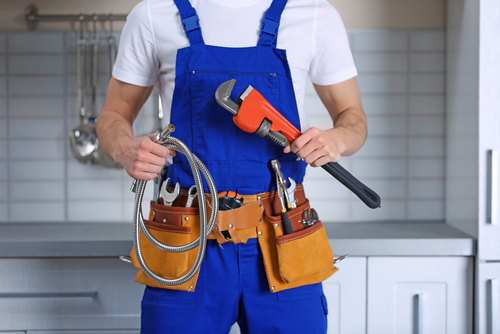
May 28, 2022
Why You Should Leave Plumbing Issues To The Pros
-

May 21, 2022
Why HVAC Maintenance Is A Good Investment
-
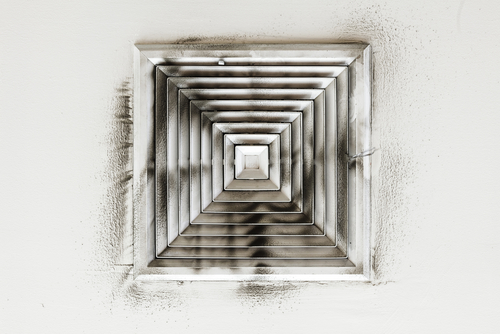
May 14, 2022
Role Of Unclean Air Ducts in Triggering Allergies
-
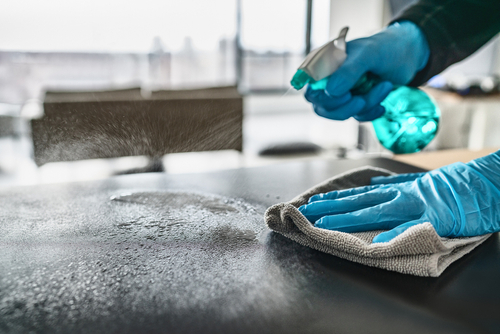
May 7, 2022
Why Sanitizing Your Homes Should Be A Priority
-
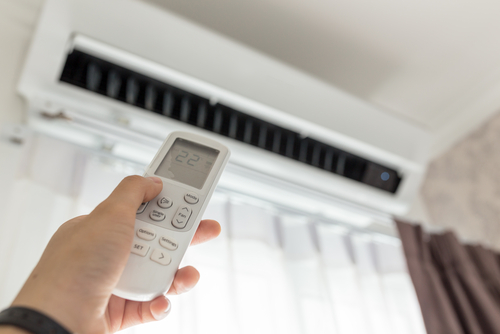
Apr 21, 2022
How To Take Care Of Your AC During Dubai’s Hottest Months
-
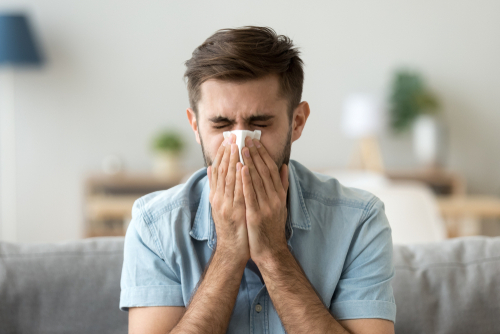
Apr 14, 2022
How Dust Affects Those With Overactive Immune System?
-

Apr 7, 2022
Here’s Why You Should Regularly Get Your ACs Serviced
-
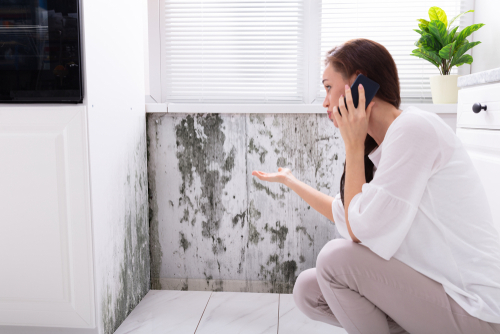
Mar 28, 2022
How To Avoid Mold Build-Up In Your Home
-
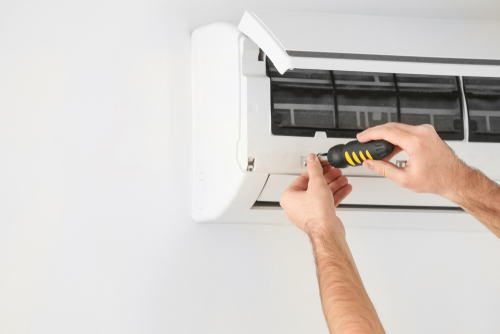
Mar 21, 2022
Why Timely AC Maintenance Also Saves Your Money
-
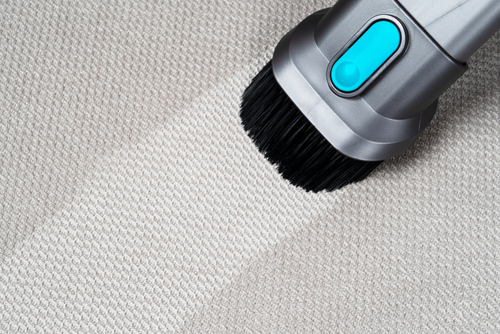
Mar 14, 2022
The Importance of Regular Home Deep Cleanings
-

Mar 7, 2022
7 Reasons Why AC Units Breakdown In The Summer
-
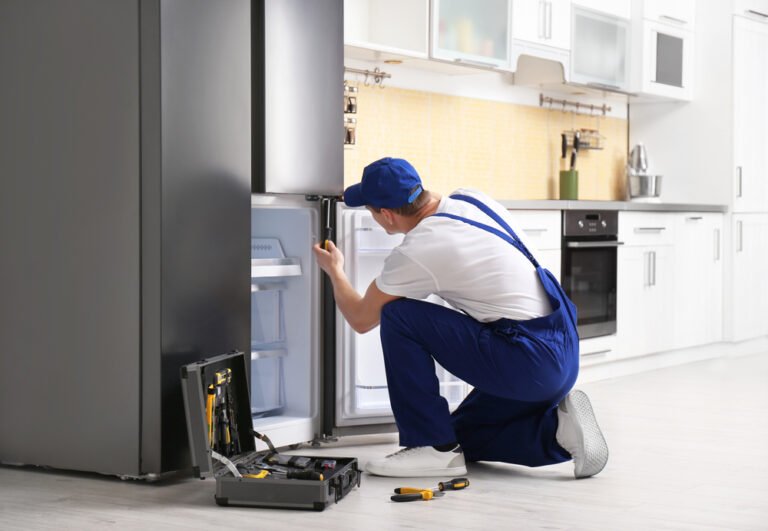
Feb 28, 2022
5 Reasons An Annual Maintenance Contract Is Worth The Expense
-
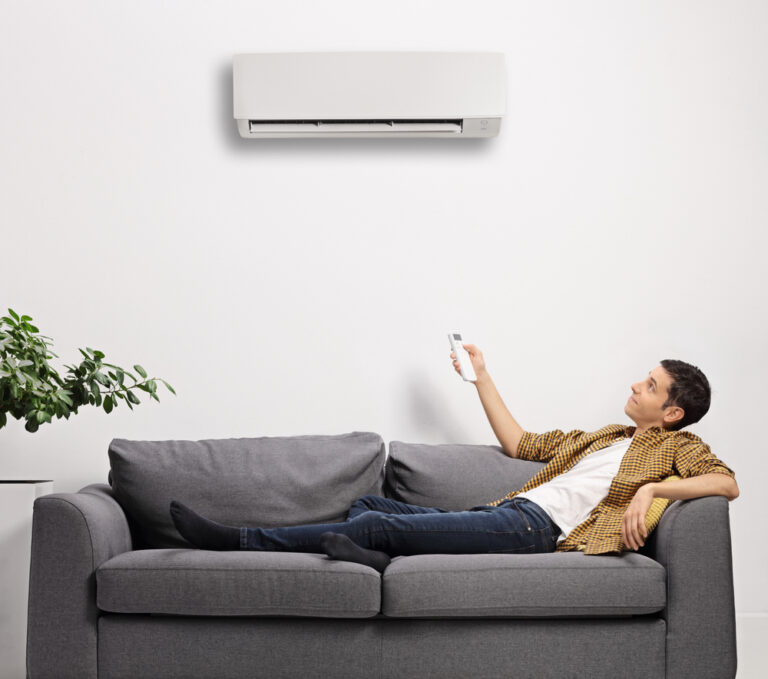
Feb 21, 2022
Exploring How The Pandemic Made Clean Air More Essential Than Ever
-
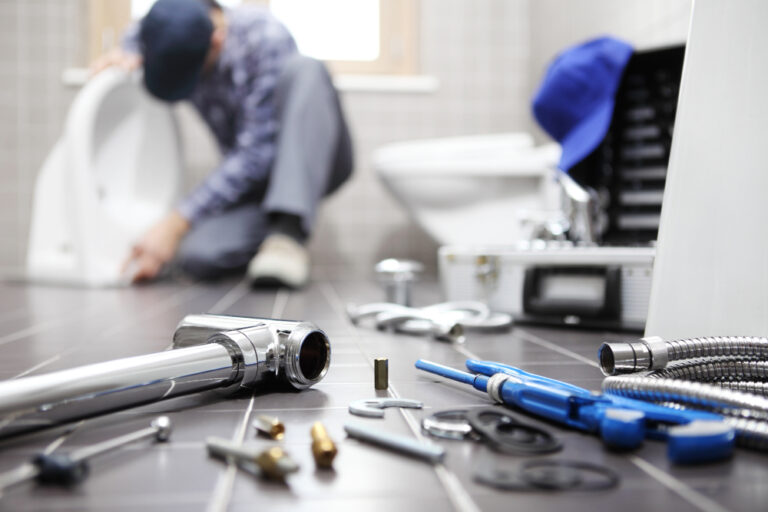
Feb 14, 2022
What You Need To Know About Annual Maintenance Contracts
-
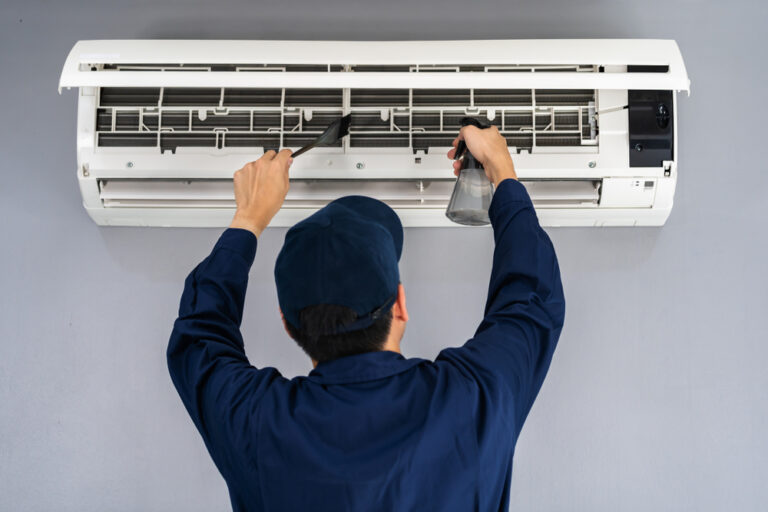
Feb 7, 2022
Is Your Air-Conditioning Making You Sick? Here’s How To Avoid It
-
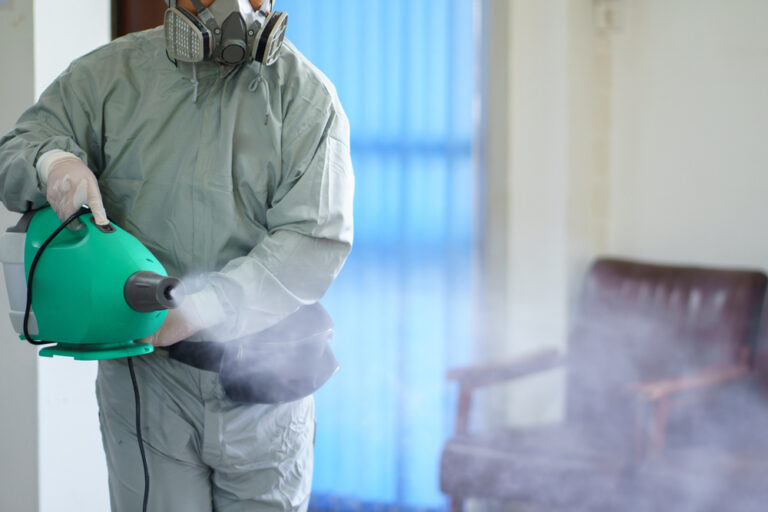
Jan 28, 2022
Here’s Why You Should Disinfect Your Home When You Move Into A New House
-

Jan 21, 2022
Reduce Your Electric Bills With These 5 Maintenance Practices
-

Jan 14, 2022
Common Air Pollutants In Your Home That’s Causing You Harm
-

Jan 7, 2022
Relocation Checklist: Do These 5 Things Before You Move In
-
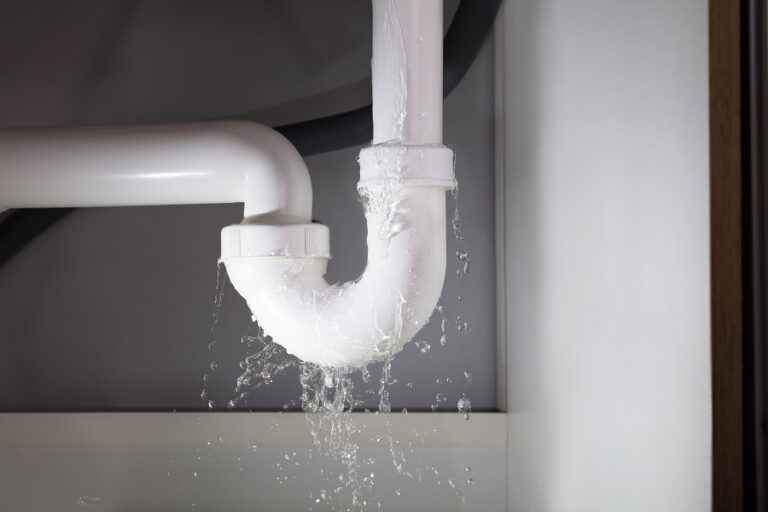
Dec 28, 2021
What To Do In A Plumbing Emergency? Quick Tips For New Homeowners
-
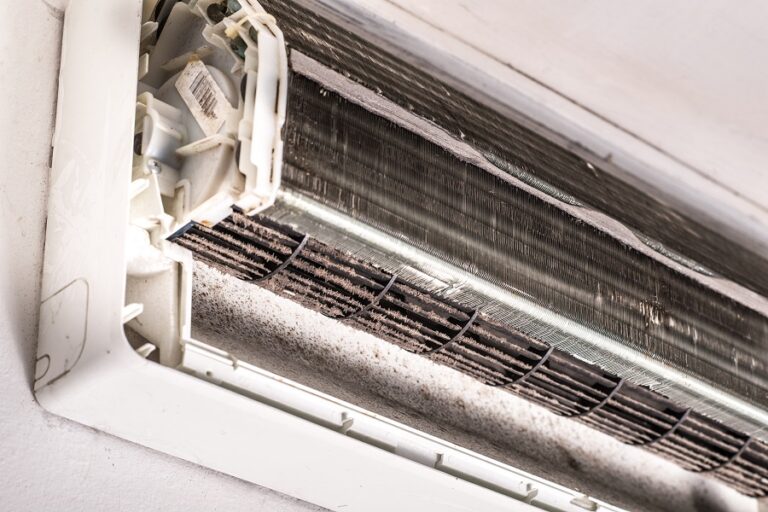
Dec 21, 2021
Why You Should Clean Your A/C Before Moving In
-
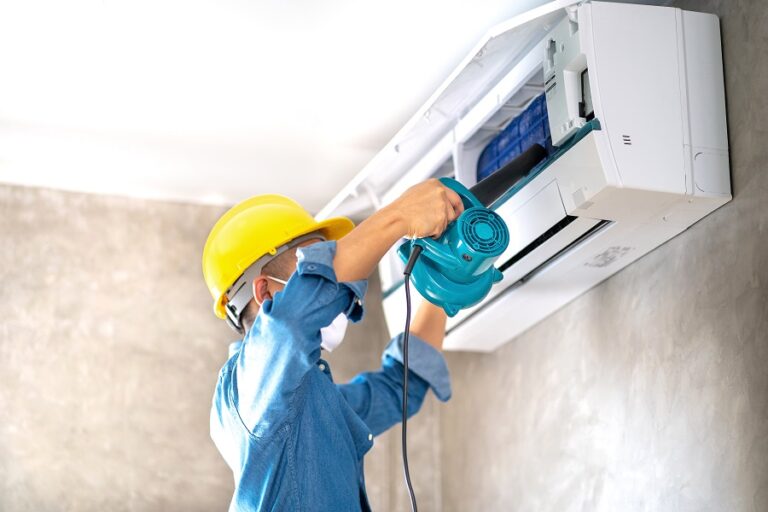
Dec 14, 2021
How To Keep Your AC’s Clean And Why It Is Important
-
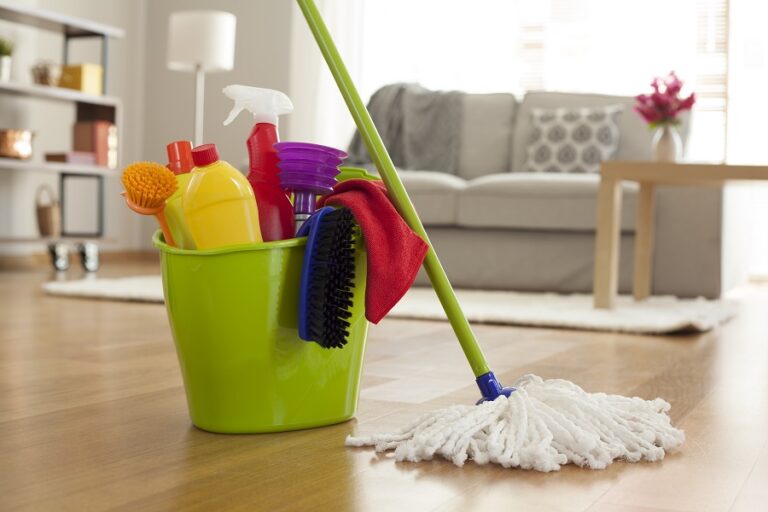
Dec 7, 2021
Our Recommendations: The Top Sustainable Cleaning Products You Should Be Using
-
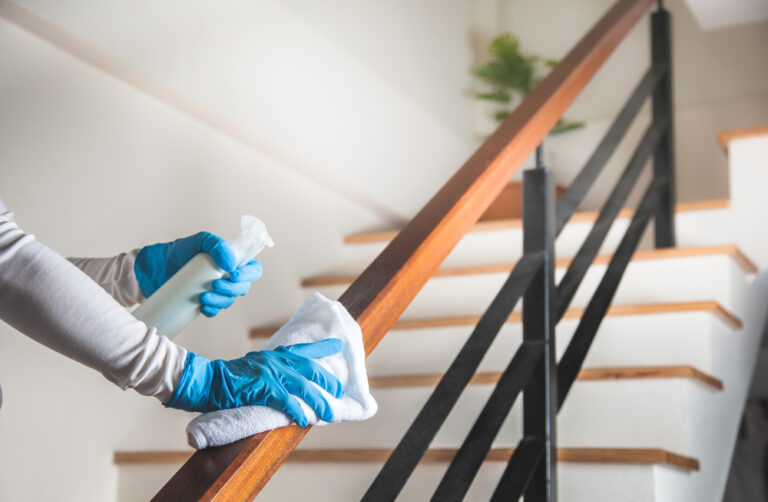
Nov 22, 2021
Essential Tips For Sanitizing Your Business During the Pandemic
-
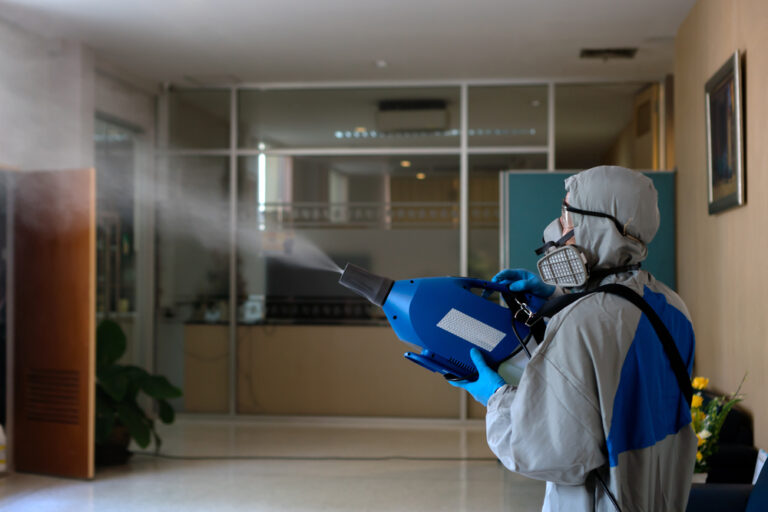
Nov 15, 2021
Basics Of Cleaning: Exploring The Difference Between Disinfection And Sterilization
-
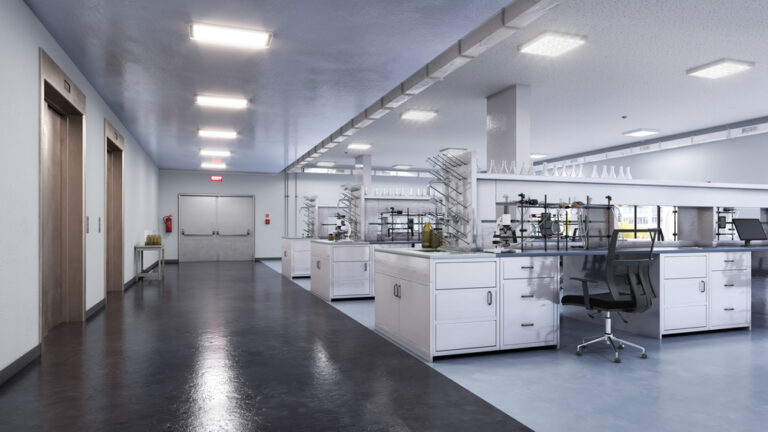
Nov 1, 2021
Going Green: Most Effective Strategies For Sustainable Cleaning In Offices
-
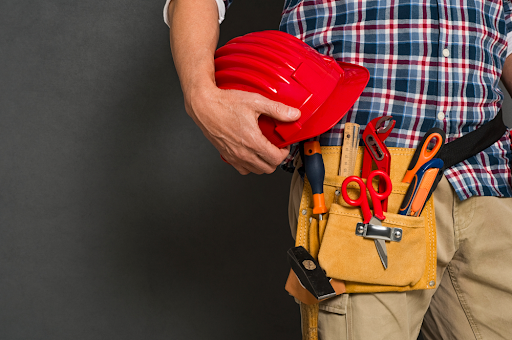
Oct 22, 2021
Annual Maintenance & Cleaning: 4 Steps To Ensure Your Home Is In Optimal Condition
-
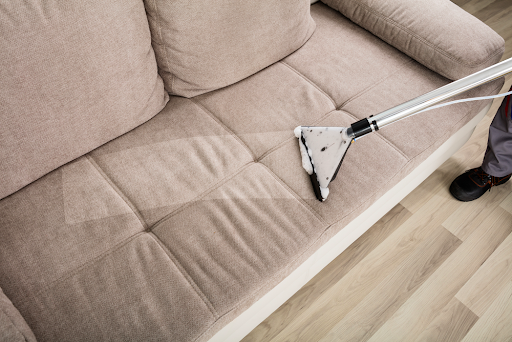
Oct 15, 2021
Boosting Value: The Ultimate Guide To Maintaining Your Home Furniture
-
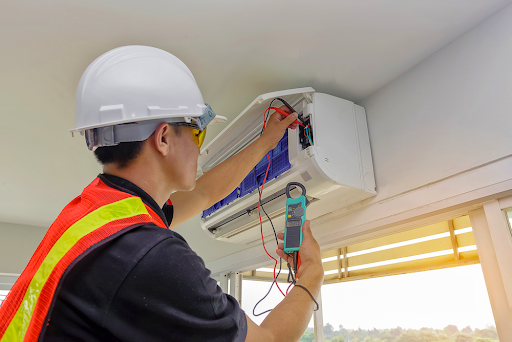
Oct 8, 2021
Why Annual Maintenance Of HVAC Unit Is Essential For Your Family’s Safety
-
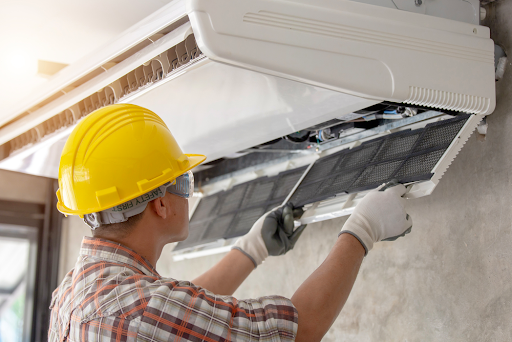
Oct 1, 2021
Ensuring Safety: How Can HVAC Cleaning Help Against Indoor Pollution
-
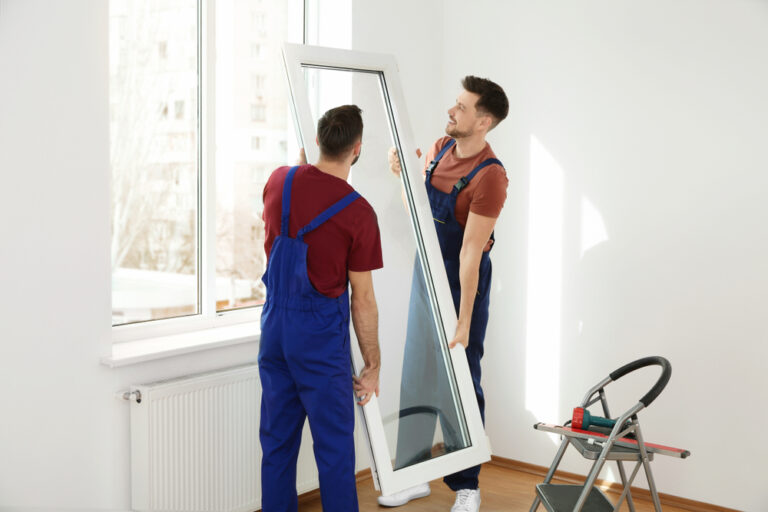
Sep 22, 2021
The Ultimate Home Maintenance Checklist For New Homeowners
-
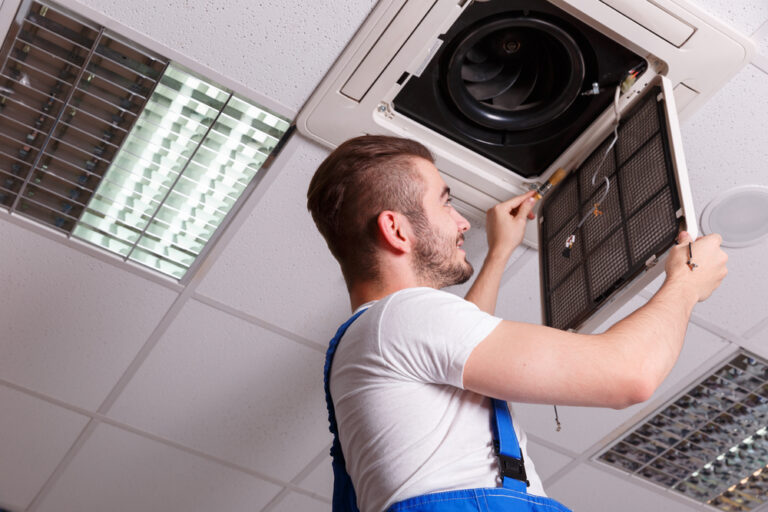
Sep 8, 2021
Crucial Steps To Ensure Your Air Conditioning System Operates Smoothly
-
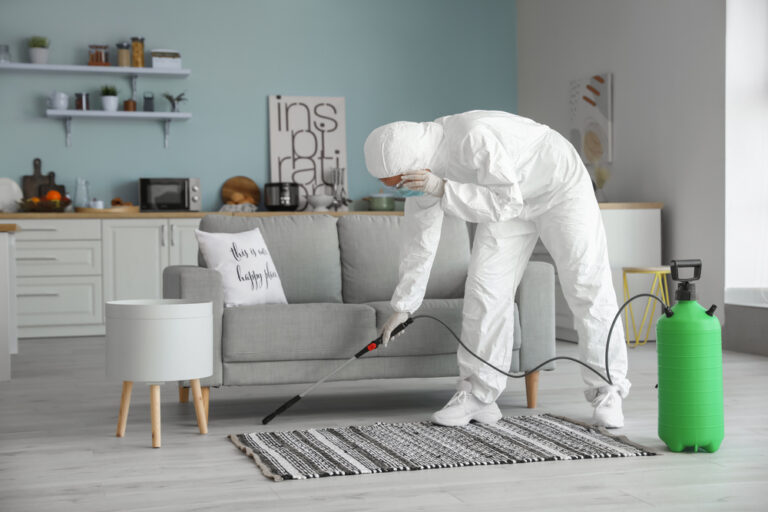
Sep 1, 2021
The Dos And Don’ts Of Sanitization To Make Your Home Safe For Loved Ones
-
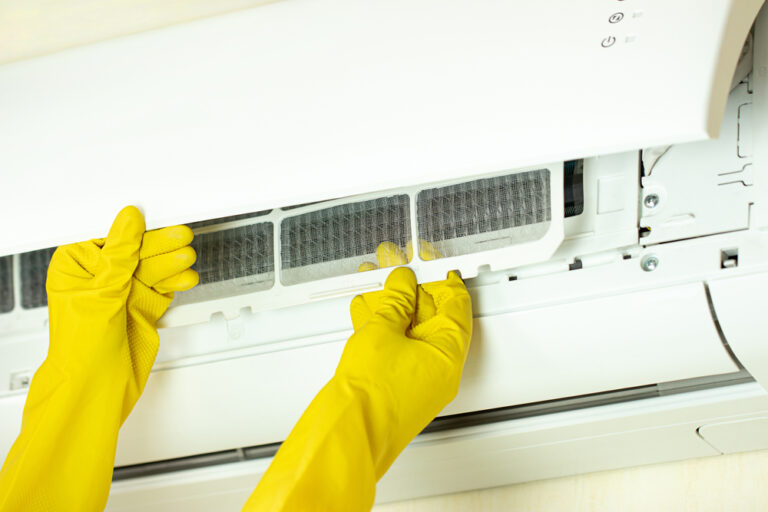
Aug 22, 2021
Always Cool: How To Make Your AC System Function Well Through The Year
-
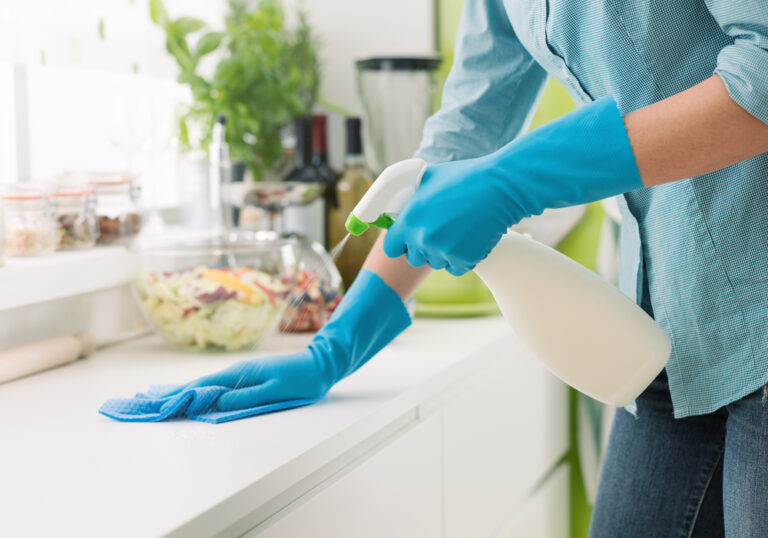
Aug 15, 2021
Quick Sanitization Tips To Keep Your Home Safe At All Times
-

Aug 8, 2021
Technical Maintenance Guide in Choosing the Best Maintenance Package For Your Home
-
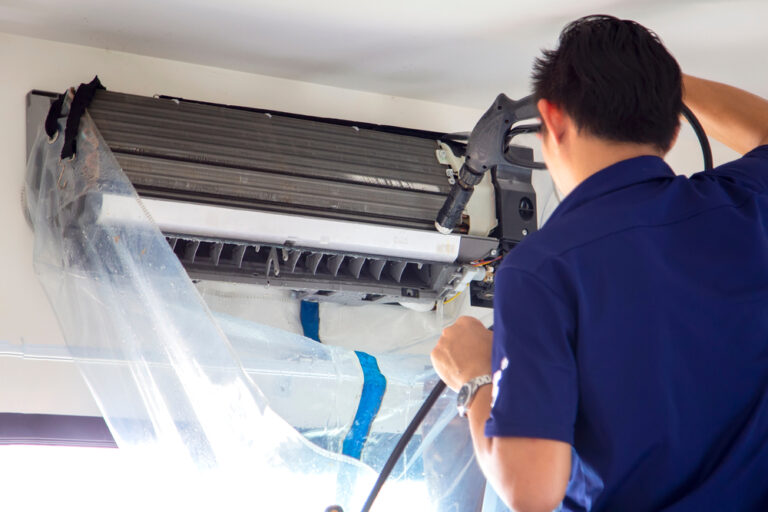
Aug 1, 2021
Healthier Celebrations: Avail a Professional Air Duct and Deep Clean Service
-
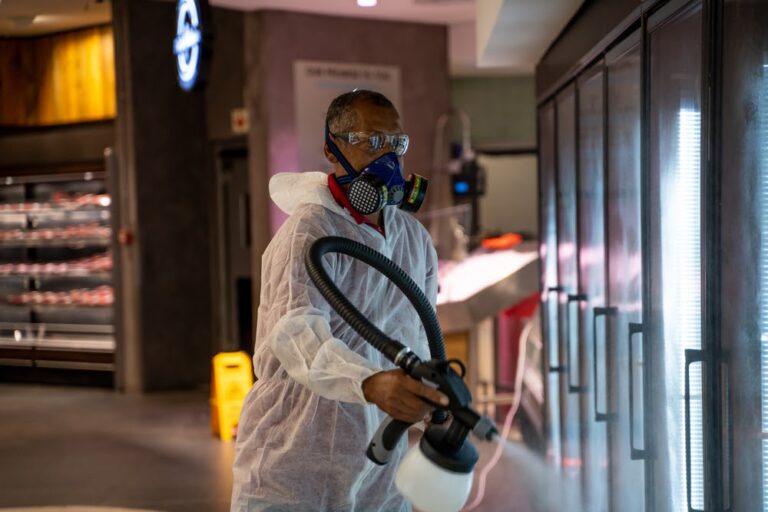
Jul 22, 2021
Expert’s Advice: How Often Does Your Retail Store Need To Be Sanitized?
-
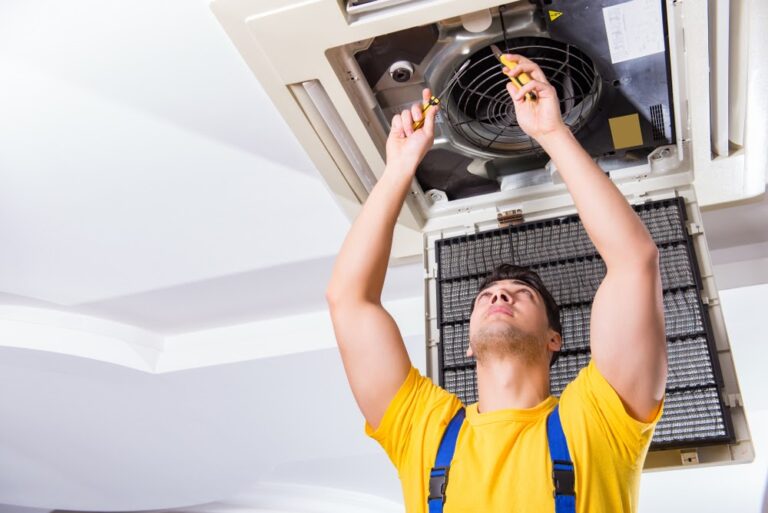
Jul 15, 2021
Beat The Intense Heat With Continuous Preventive Maintenance
-
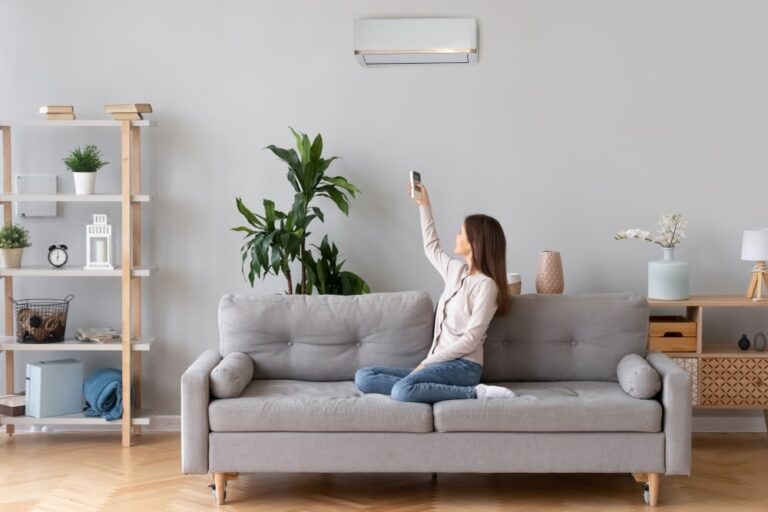
Jul 8, 2021
Summer Tips: 4 Main Steps You Should Take To Conserve Energy From Your AC System
-

Jul 1, 2021
Why Improved Indoor Air Quality Is Vital For Your Business
-
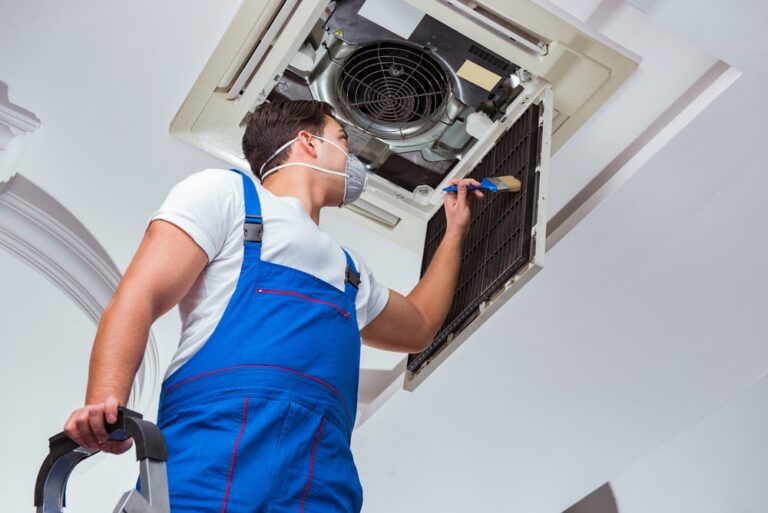
Jun 22, 2021
3 Major Ways In Which AC Servicing Ensure Safe & Effective Performance
-
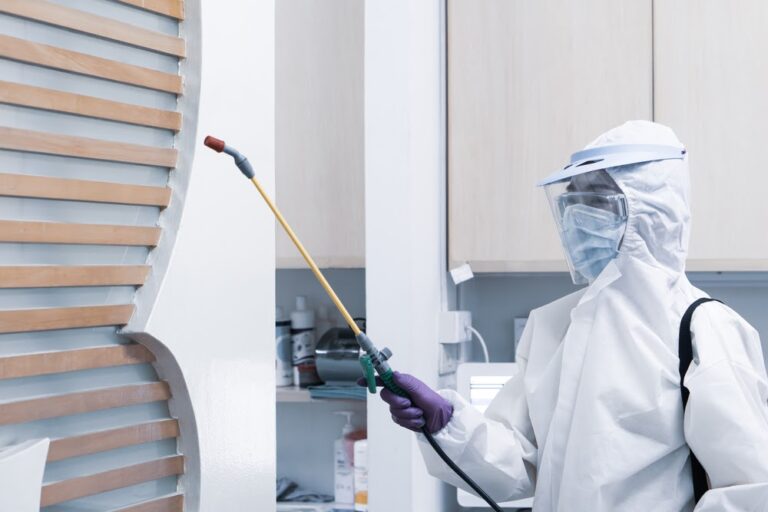
Jun 15, 2021
3 Things You Should Keep In Mind While Choosing The Best Disinfection Services
-

Jun 8, 2021
Hygiene Factors: Importance Of Improved Indoor Air Quality
-

Jun 1, 2021
Seasonal Changes: Avoiding The Risk Of Allergies With AC Servicing
-
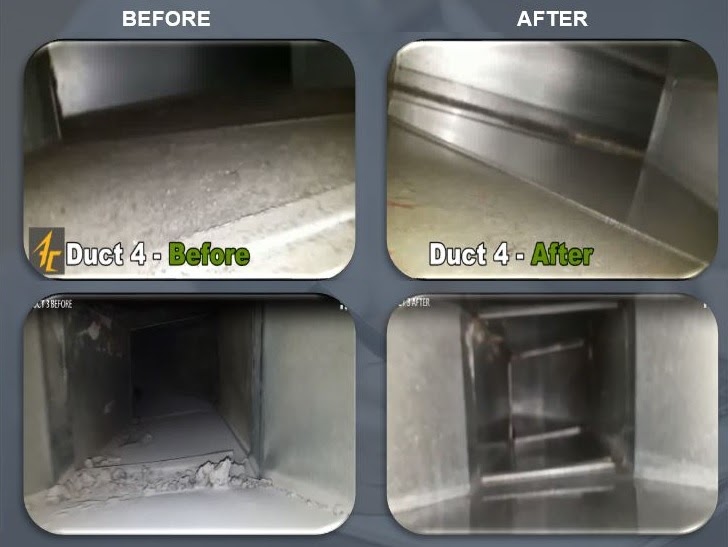
May 22, 2021
Why Is It Critical To Conduct Maintenance And Repair For Your Air Ducts?
-
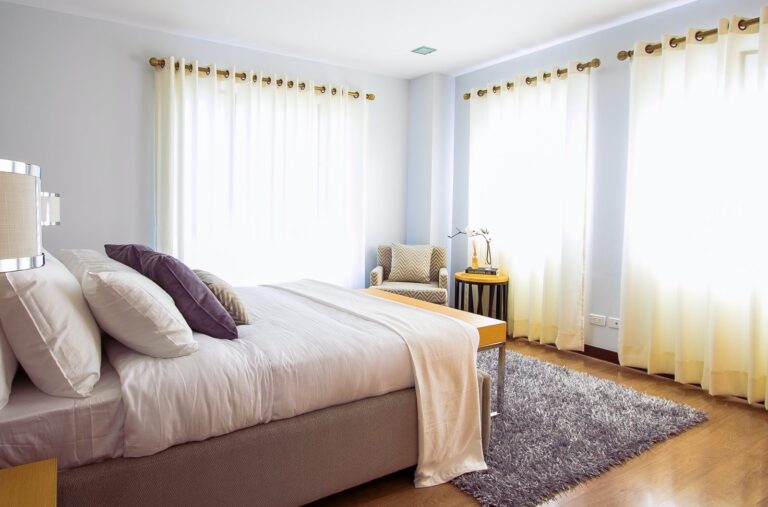
May 15, 2021
The Ultimate Guide In Sanitizing Your Bedroom
-

May 8, 2021
Baffling Breakdowns: The Main Reasons Why Air Conditioning Systems Fail To Work
-

May 1, 2021
Five Signs That Your House Needs Urgent Maintenance
-

Apr 22, 2021
Moving Offices? Here Are 4 Essential Things That Should Be On Your Maintenance Checklist
-

Apr 15, 2021
Summer Cleaning: Why Is It Important To Get Your AC Ducts Cleaned Before The Heat?
-
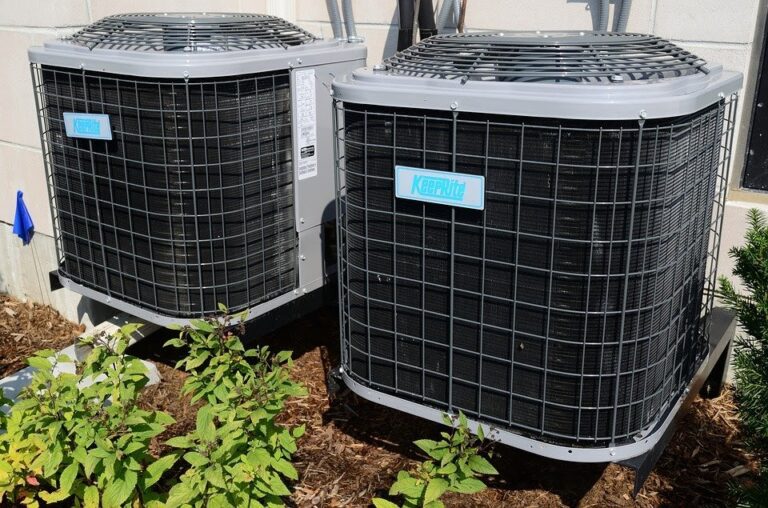
Apr 8, 2021
5 Ways That You Can Efficiently Maintain Your HVAC System
-

Apr 1, 2021
3 Major Reasons Why You Should Avail Home Sanitization Services Before Spring Break Arrives
-
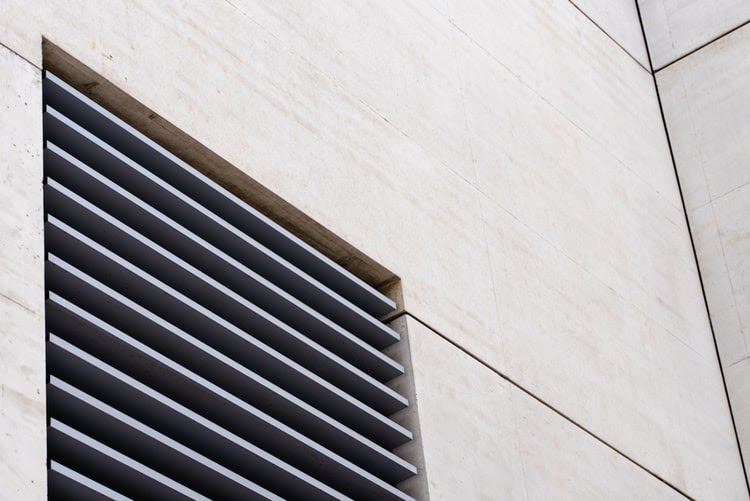
Mar 22, 2021
Spring Cleaning Checklist: Why Is It Important To Frequently Clean AC Ducts Before Summer Arrives
-

Mar 20, 2021
Supporting Mothers Role: A Super Clean Mother’s Day Gift
-
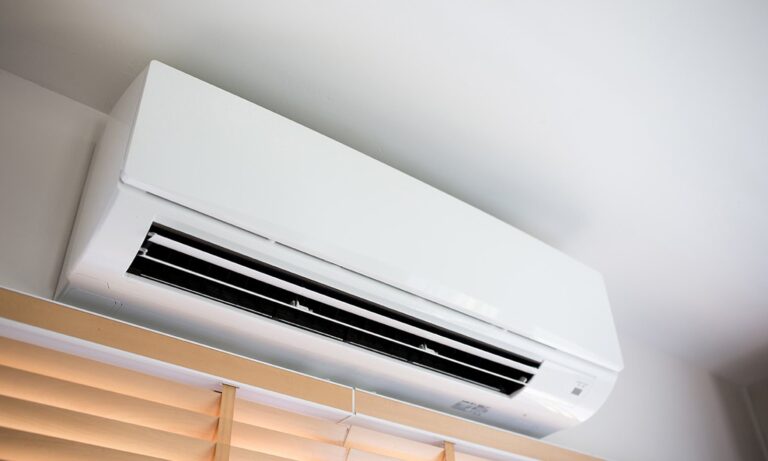
Mar 15, 2021
Declining Performance: Why You Should Maintain Your AC Frequently
-
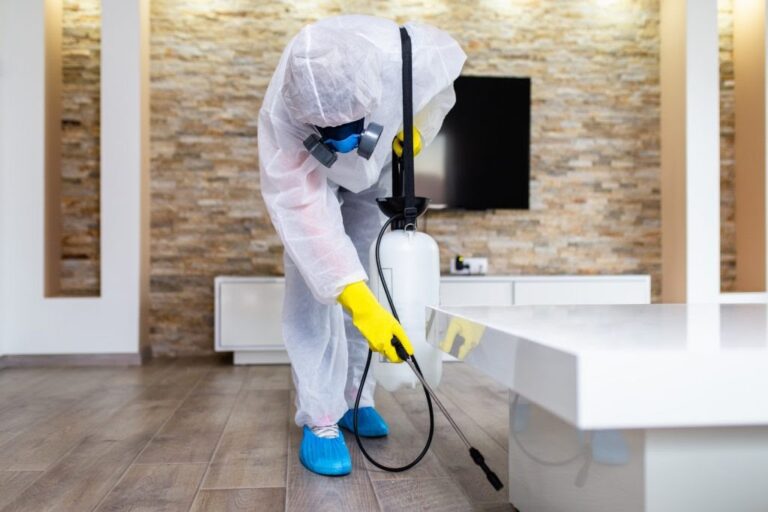
Mar 8, 2021
Safety Rules: 5 Reasons Why A Professional Disinfection Is Required In Your Home
-
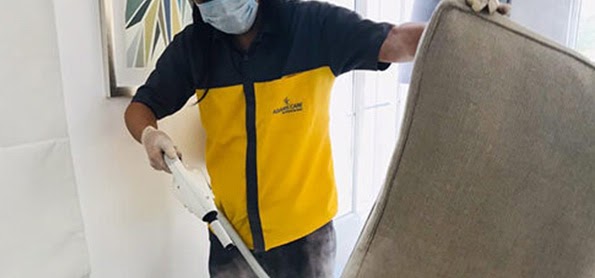
Mar 1, 2021
COVID-19 Alert: Why You Should Avail Home Sanitization Services Frequently
-

Jan 22, 2021
A Look Into The Positive Effects Upholstery Maintenance Has On Your Child’s Allergy Triggers
-
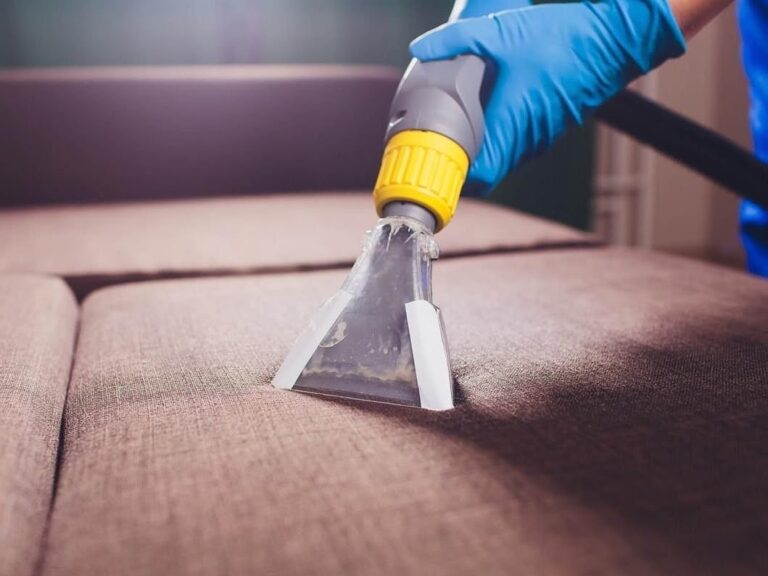
Jan 15, 2021
Here are 3 Places You Should Definitely Sanitize In A House Full Of Children
-
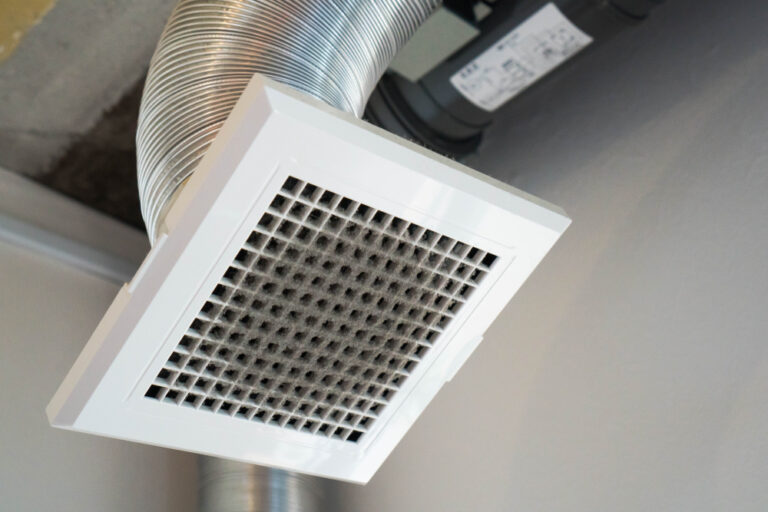
Jan 8, 2021
Duct Cleaning Essentials: 5 Preventive Measures For Maintaining The Health Of Your Elderly Family Members
-
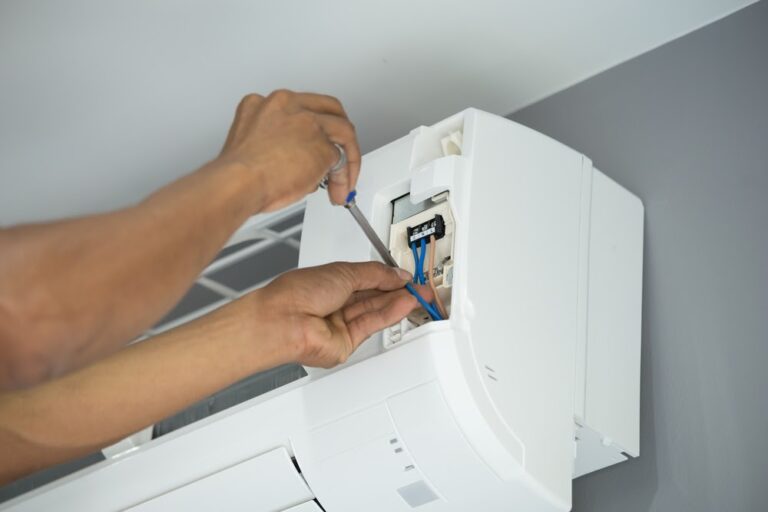
Jan 1, 2021
Preventing Hazards: Why Is It Important To Regularly Check For Frayed Wires In Your HVAC Unit?
-

Dec 17, 2020
Sick Building Syndrome: How AC Duct Cleaning Can Help Improve Indoor Air Quality
-
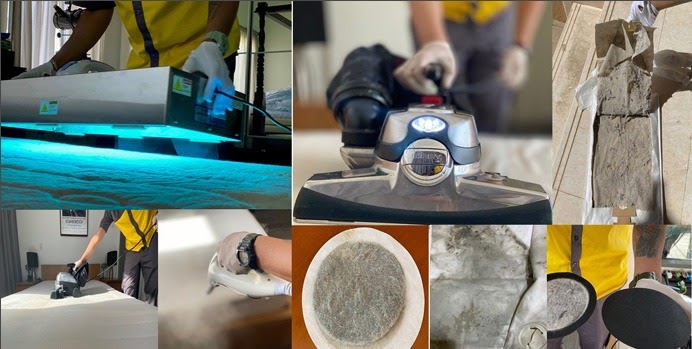
Dec 10, 2020
Healthier Beginnings: Starting 2021 Right By Deep Cleaning Your Mattress
-

Dec 6, 2020
Breathe Easy This 2021: Look Forward To A Healthy Year With AC Duct Cleaning
-
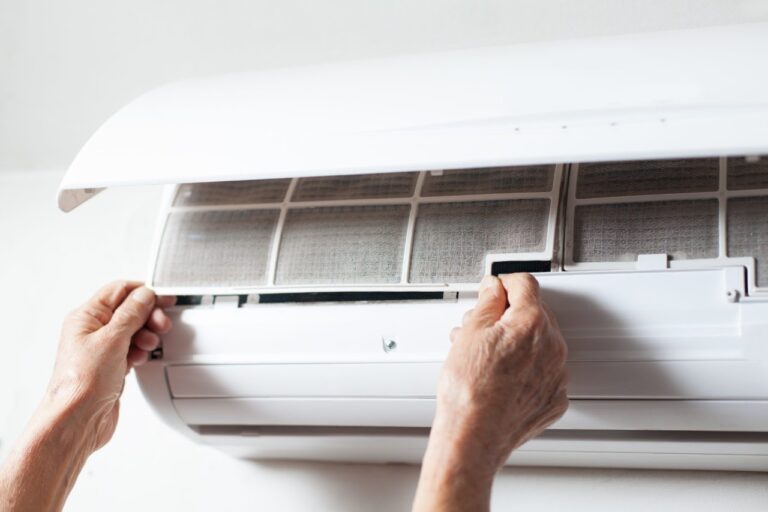
Dec 1, 2020
4 Easy Tips On How To Perfectly Clean Your AC System
-
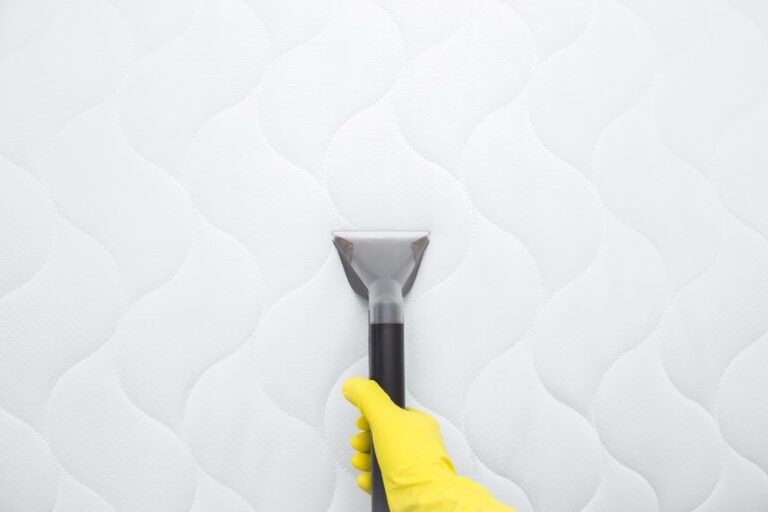
Nov 28, 2020
You May Not Be Disinfecting Your Home Properly- Find Out Why
-
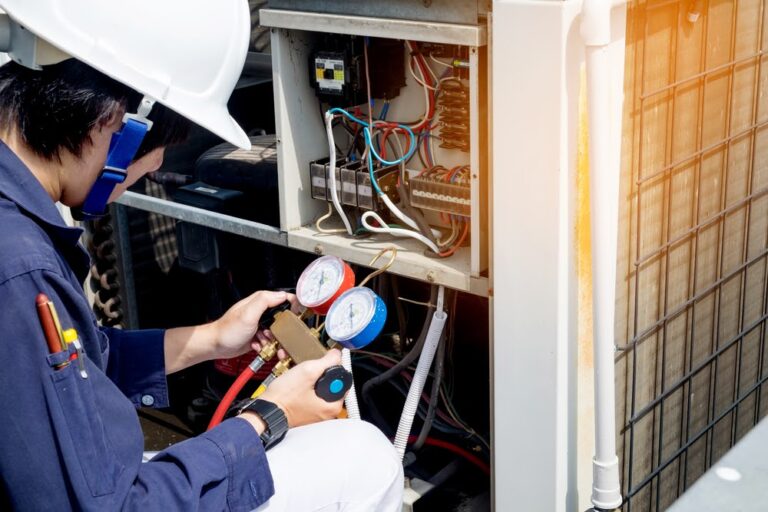
Nov 21, 2020
AC Short Cycling: A Brief Guide On How You To Detect The Main Cause
-
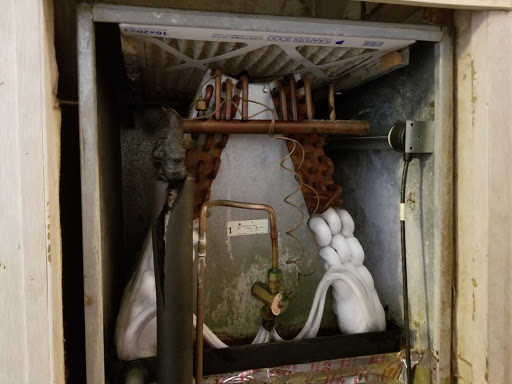
Nov 14, 2020
Frozen Evaporator Coil? Here’s What You Can Do To Fix It
-
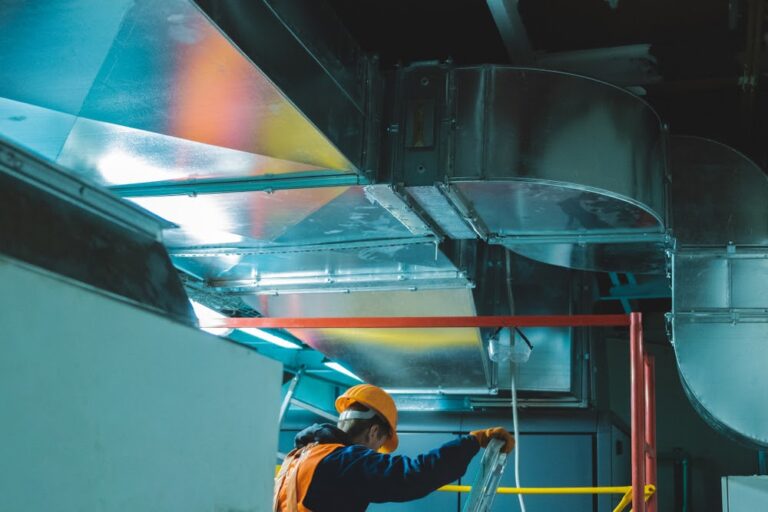
Nov 7, 2020
Reasons To Look For “NADCA-Certified” AC Duct Cleaning Company
-
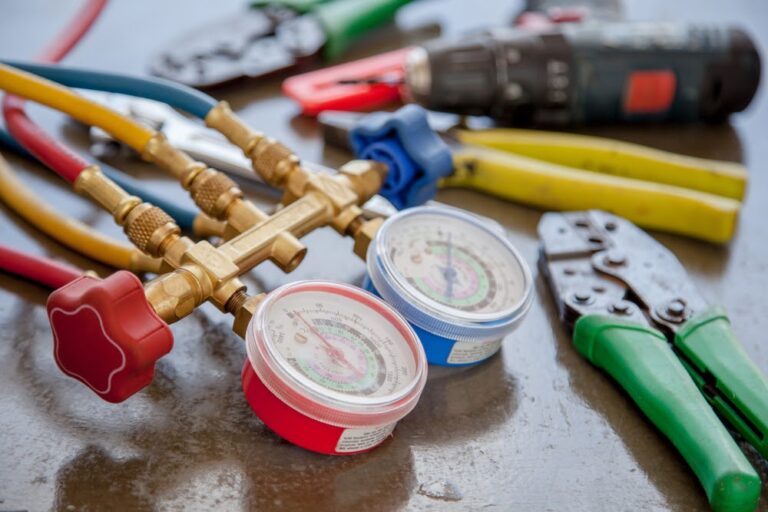
Oct 29, 2020
Reasons Behind Your AC’s Water Leakage
-
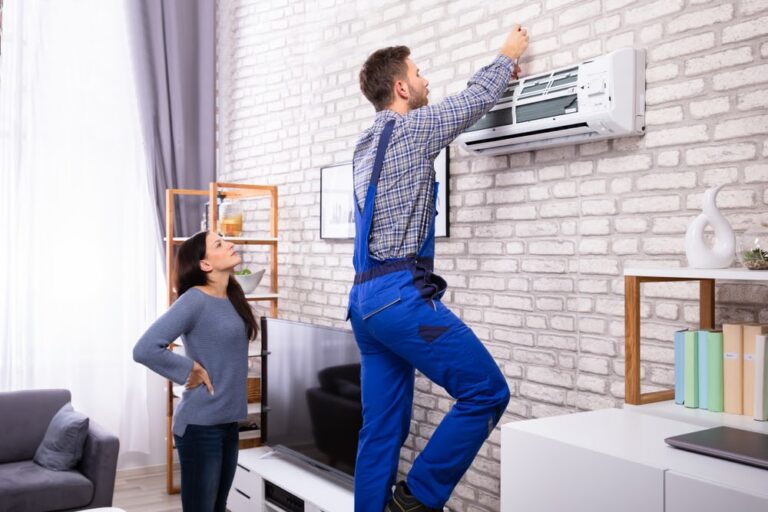
Oct 14, 2020
3 Signs You Should Look For To Detect Faulty AC Installation
-

Oct 9, 2020
Why You Should Take A Different Approach In Cleaning Your Upholstery
-

Oct 4, 2020
Can’t Switch On Your AC? Find Out What’s Wrong
-

Sep 22, 2020
5 Things To Look For If Your AC’s Airflow Is Blocked
-

Sep 15, 2020
Protect Your Home Through Safe Sanitization
-

Sep 8, 2020
Just Moved In? Why Preventive Maintenance Is Important
-

Sep 1, 2020
What’s That Stench? 4 Reasons Why Your AC Emits A Bad Odor
-

Aug 24, 2020
Don’t DIY Your AC Repair!
-

Aug 17, 2020
FAQs About AC Maintenance- Answered
-

Aug 10, 2020
Things To Keep In Check In Maintaining And Cleaning Upholstery
-

Aug 3, 2020
What Is That Noise? – 5 Noises Your AC Might Be Making & What It Means
-

Jul 23, 2020
New House? Why A Handyman Can Help You Turn It Into A Home
-

Jul 16, 2020
Why Is My AC Not Blowing Cold Air? And Other Summer AC Dilemmas
-

Jul 9, 2020
Clean And Bright: Get On With Summer Cleaning With These Sanitization Tips
-

Jul 2, 2020
Stop Summer Asthma And Allergy Triggers With Regular AC maintenance
-

Jun 22, 2020
Learn The Benefits That Mattress Deep Cleaning Offers To Your Wellbeing
-

Jun 16, 2020
Electrical Repairs: How To Read The Warning Signs
-

Jun 9, 2020
Why AC Maintenance Should Be A Priority During The Pandemic
-

Jun 2, 2020
What An Annual AC Maintenance Checklist Includes
-

May 28, 2020
Eco-Friendly Approaches To Sanitizing Your Home
-

May 12, 2020
Why Do Air Conditioning Units Increase Electricity Usage?
-

May 9, 2020
How Preventive Maintenance Can Prove To Be The Perfect ROI
-

May 2, 2020
7 Ways In Which Unclean Air Ducts Can Negatively Impact Your Health
-

Apr 26, 2020
How Staying At Home Gives You The Chance To Clean Your furniture
-

Apr 19, 2020
Why Right Now Is The Best Time For A Home Sanitization
-

Apr 9, 2020
Office Disinfection: All You Need To Know To Keep Your Workspace Clean And Safe
-

Apr 5, 2020
7 Reasons To Have Your AC Cleaned And Sanitized
-

Mar 22, 2020
How To Sanitize and Disinfect Your Furniture This Flu Season
-

Mar 18, 2020
How To Prevent Airborne Illnesses Through Your AC
-

Mar 9, 2020
How Indoor Air Quality Affects Your Brain Activity
-
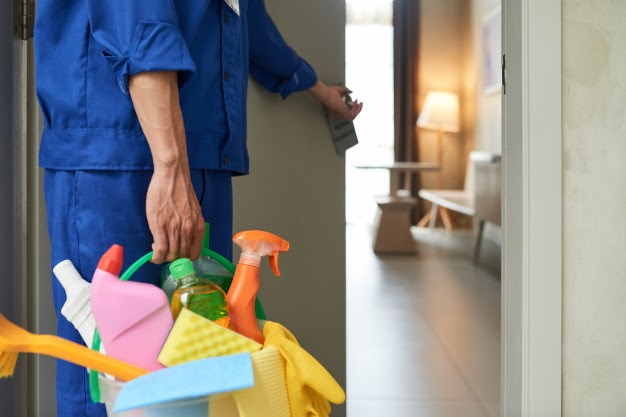
Feb 27, 2020
Getting Rid Of Home Allergens Affecting Your Furniture
-
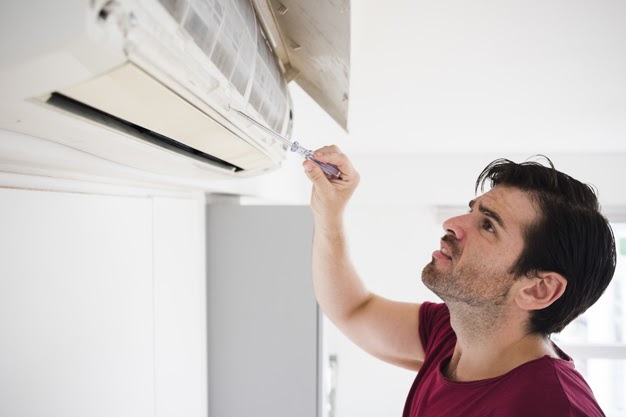
Feb 19, 2020
How Facility Managers Can Ensure Better HVAC Performance
-
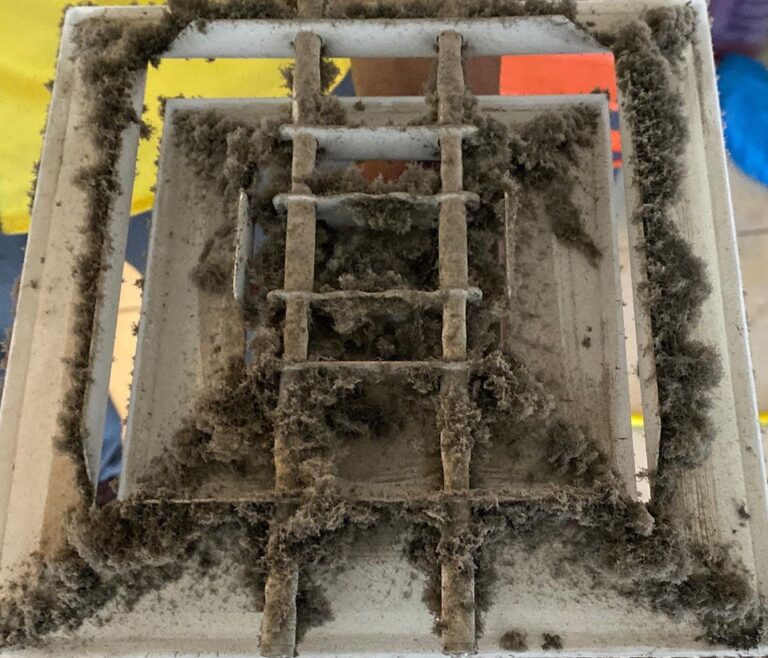
Feb 12, 2020
House Smelling Musty? Here’s How You Can Get Rid Of It For Good
-
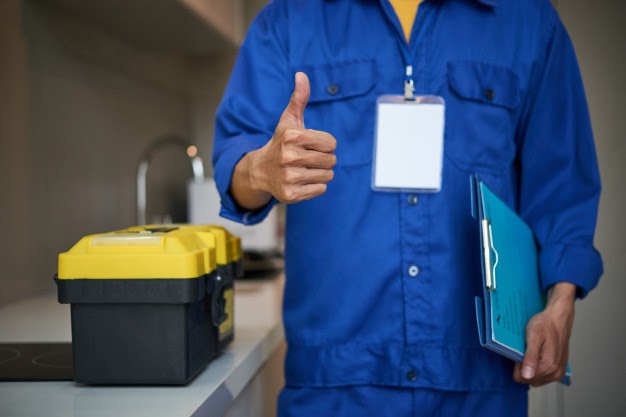
Jan 28, 2020
How Important Are Annual Maintenance Contracts For Homes and Offices
-
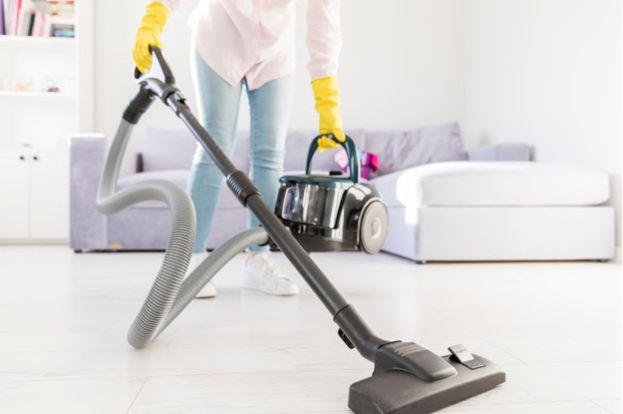
Jan 20, 2020
Find Out Why You Should Sanitize Your Furniture This 2020
-
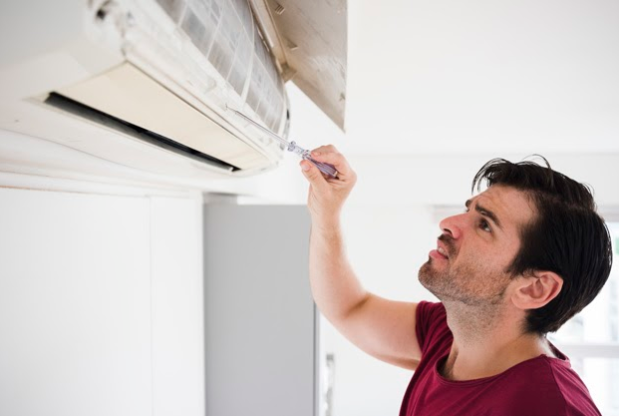
Jan 3, 2020
New Home? Here’s Why You Should Start With AC Duct Cleaning
-

Dec 30, 2019
The Dangers Of Poorly Maintained Air Conditioning Units
-
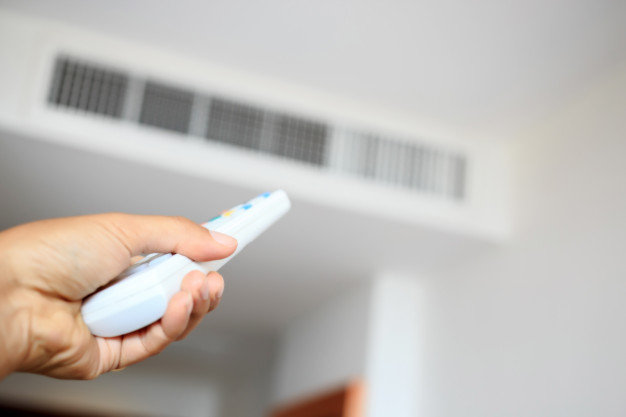
Dec 27, 2019
How Can HVAC Maintenance Boost Workplace Productivity
-

Dec 15, 2019
Check For These 5 Things Before Scheduling Your HVAC Appointment
-
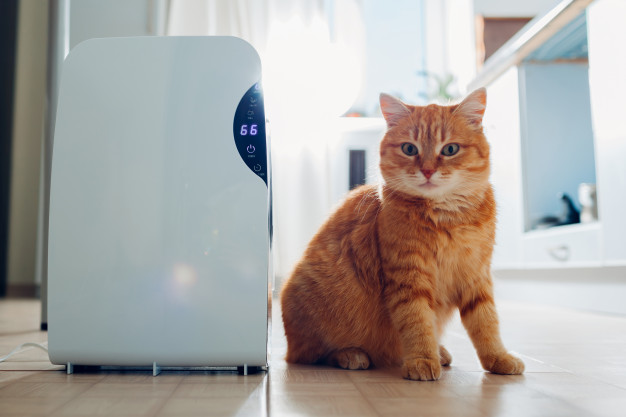
Nov 28, 2019
Heads Up Pet Owners: Here’s Why Air Duct Cleaning is a Must For You
-
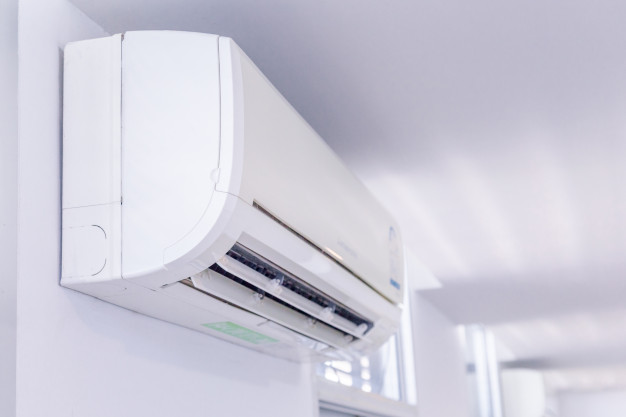
Nov 24, 2019
3 Ways You’re Damaging Your AC System Without You Noticing
-

Nov 12, 2019
4 AC Energy-Saving Tips To Minimize Your Next Electric Bill
-
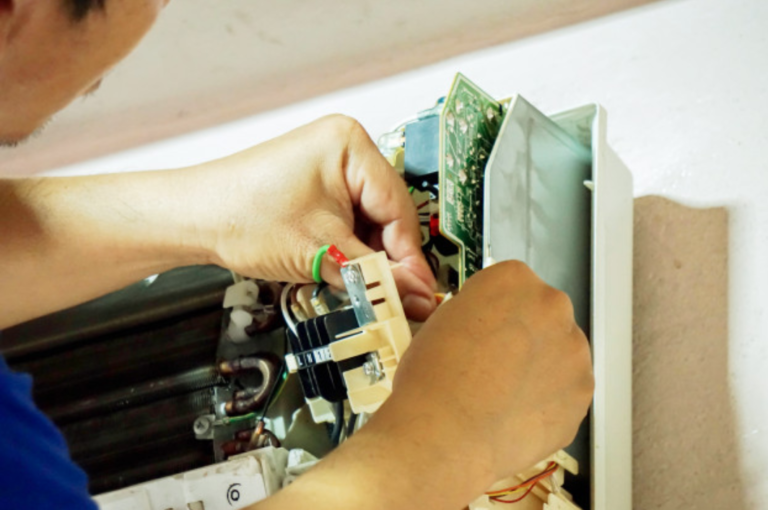
Nov 5, 2019
What’s Wrong With Your AC? 5 Ways To Spot Hidden Issues in Your System
-
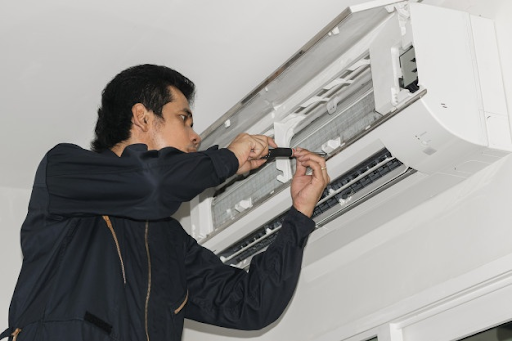
Oct 20, 2019
How Often Does An Air Conditioner Need Servicing?
-
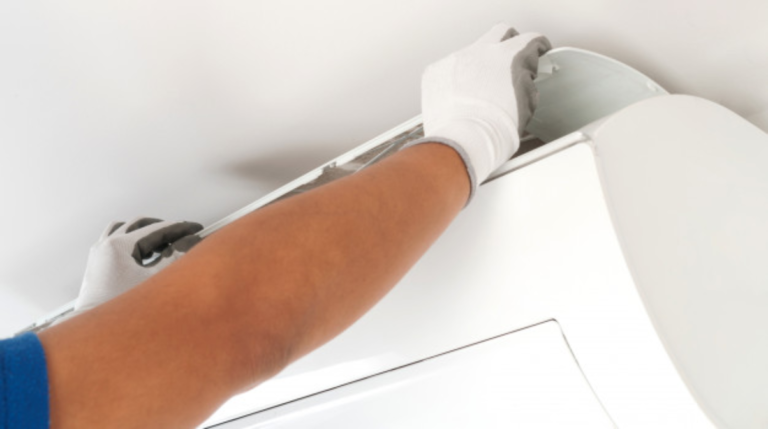
Oct 15, 2019
What Happens When You Don’t Regularly Clean Your HVAC System
-
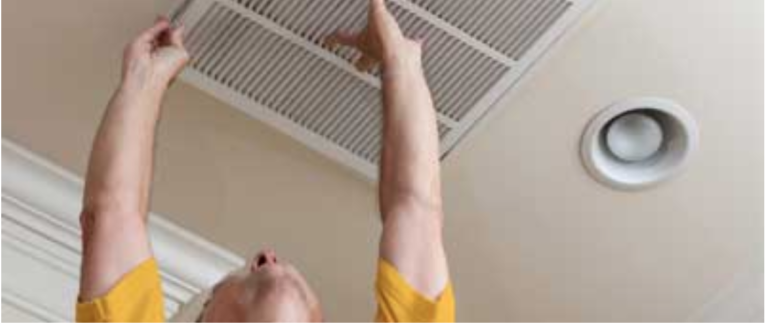
Oct 8, 2019
5 Signs That You Need To Call For Home Maintenance
-
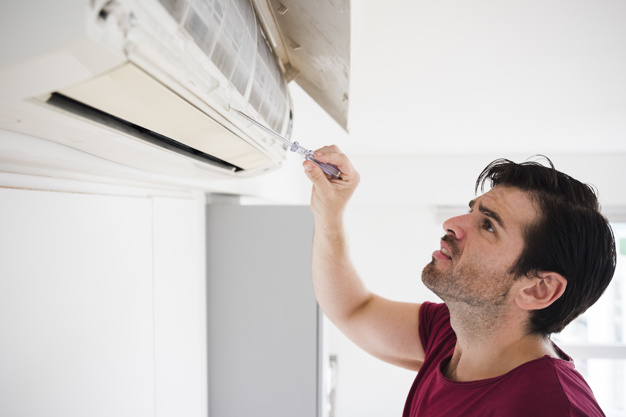
Oct 2, 2019
Should You Repair or Replace Your Air Conditioner?
-
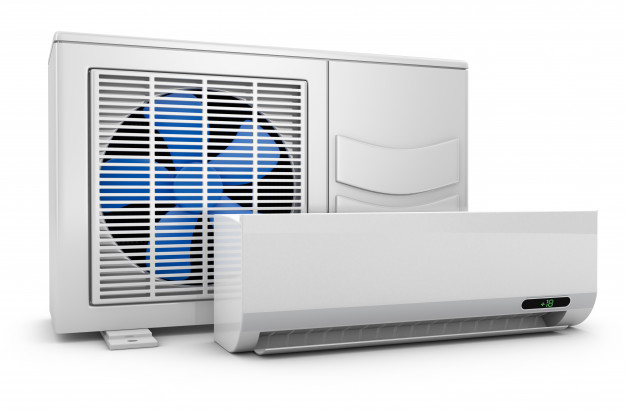
Sep 18, 2019
What To Consider When Buying A New HVAC System
-
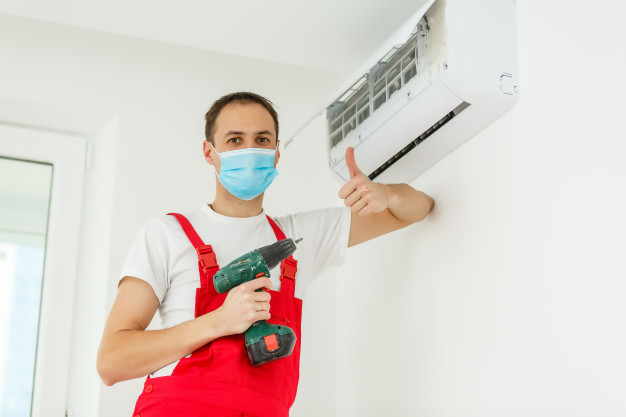
Sep 5, 2019
Guidelines To Find A Professional AC Maintenance Company In The UAE
-
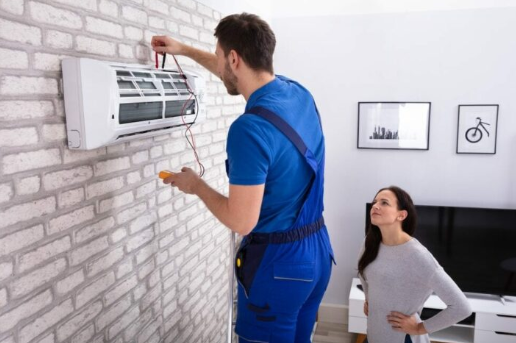
Aug 12, 2019
Learn How to Choose the Best HVAC Repair Service
-
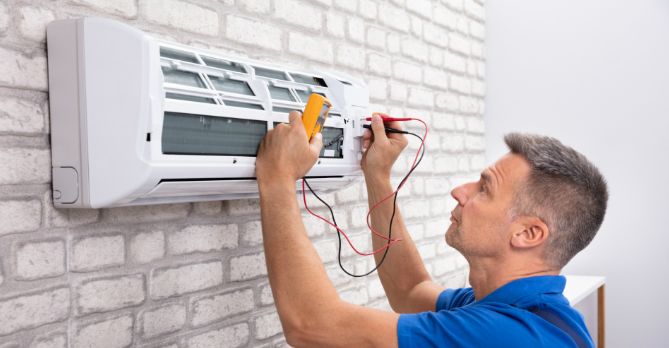
Aug 5, 2019
How to Save Money on Air Conditioner Repair Costs
-
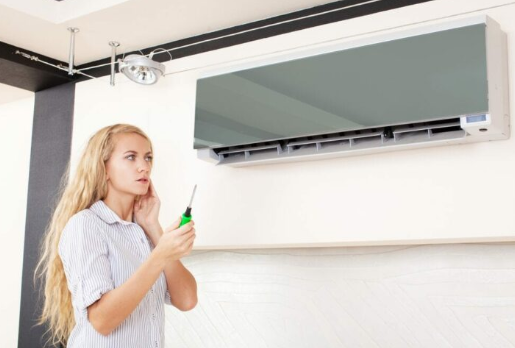
Jul 28, 2019
How to Improve the Efficiency of Your AC While Saving Costs
-
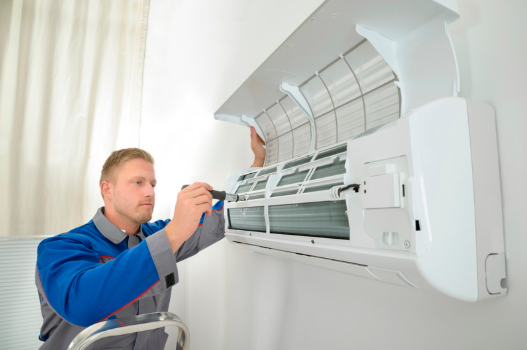
Jul 21, 2019
How Frequent Servicing of Your AC Results in More Savings
-
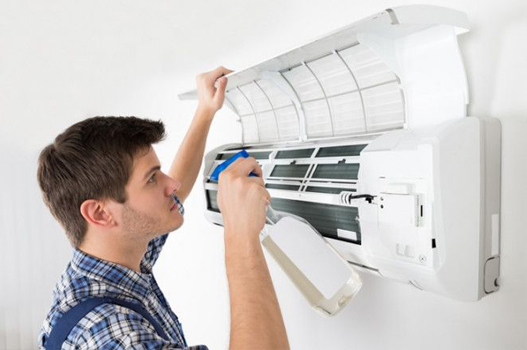
Jul 14, 2019
What to Keep in Mind Before Hiring an AC Technician





